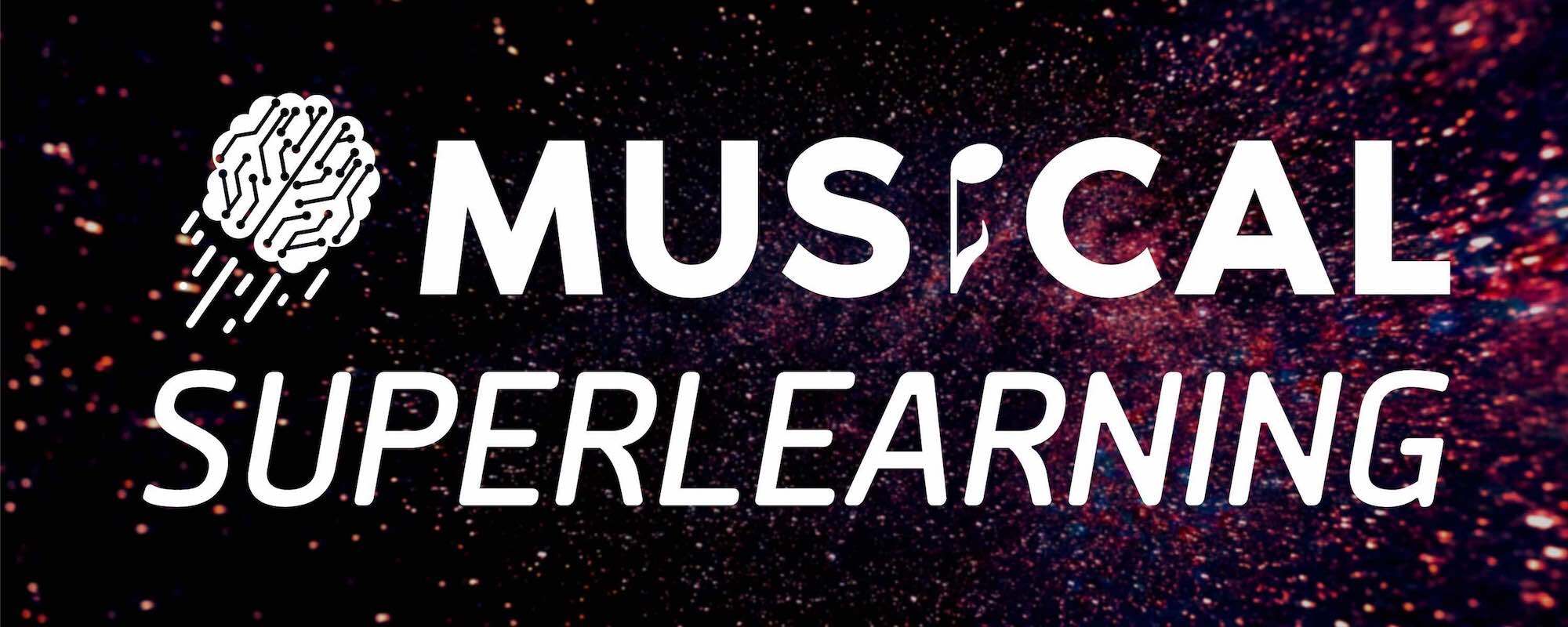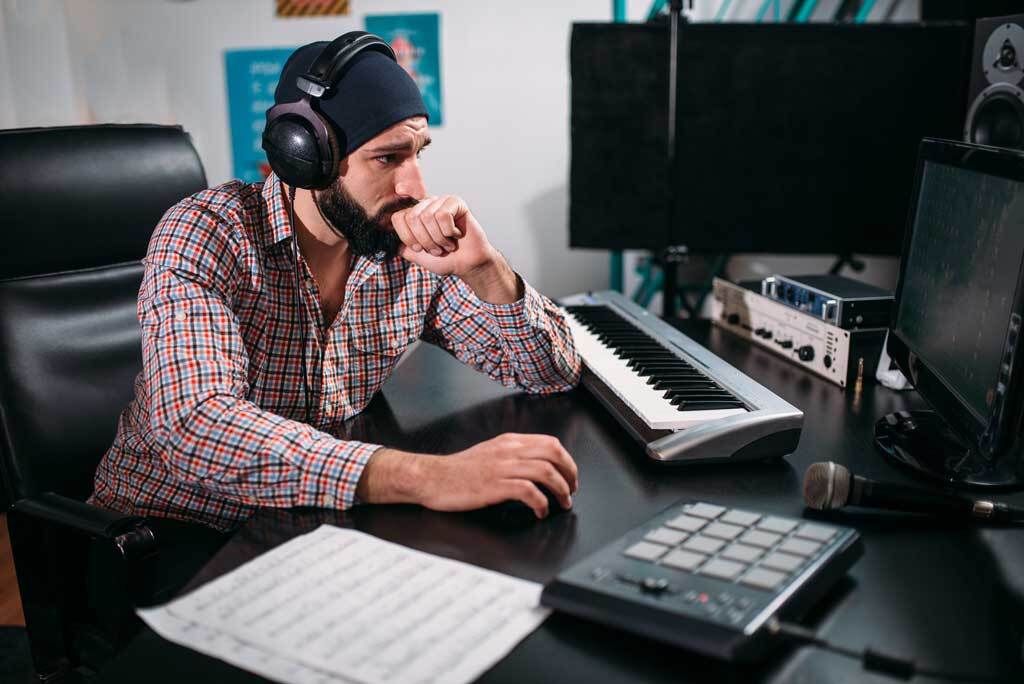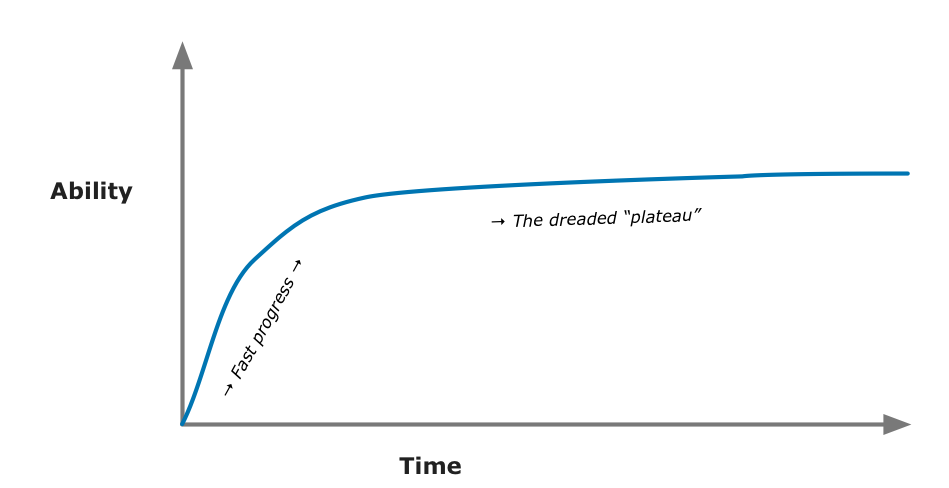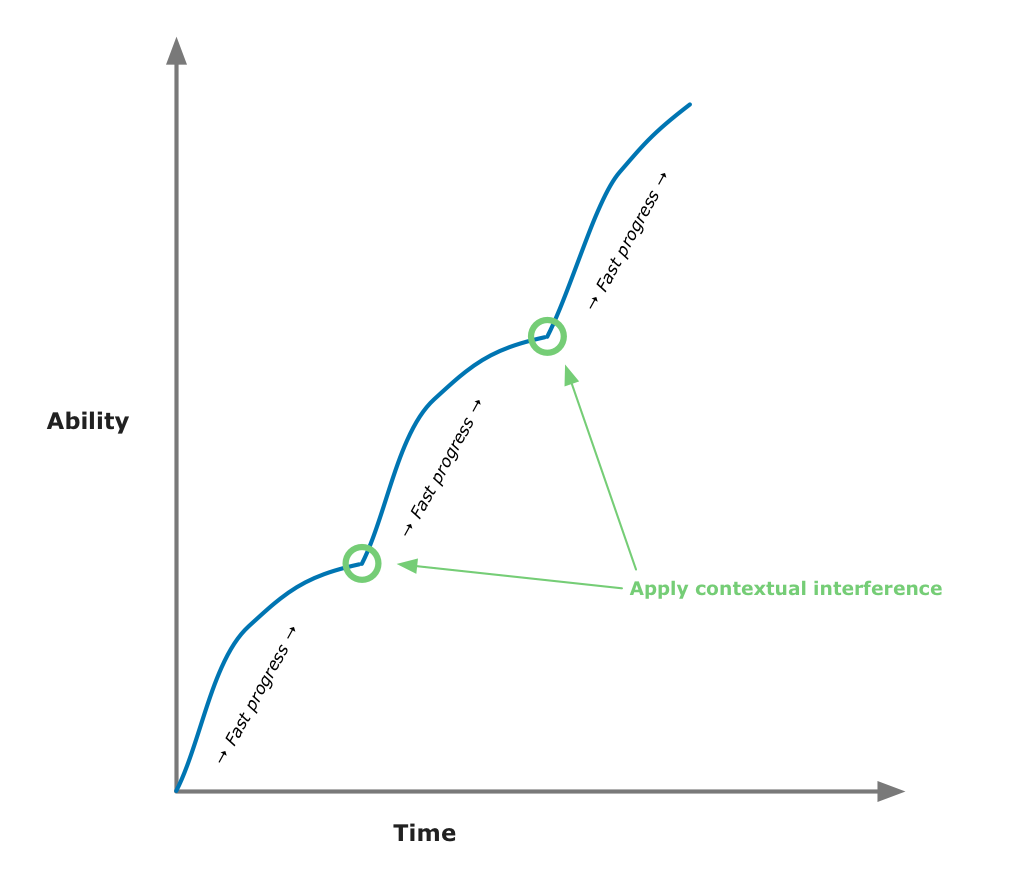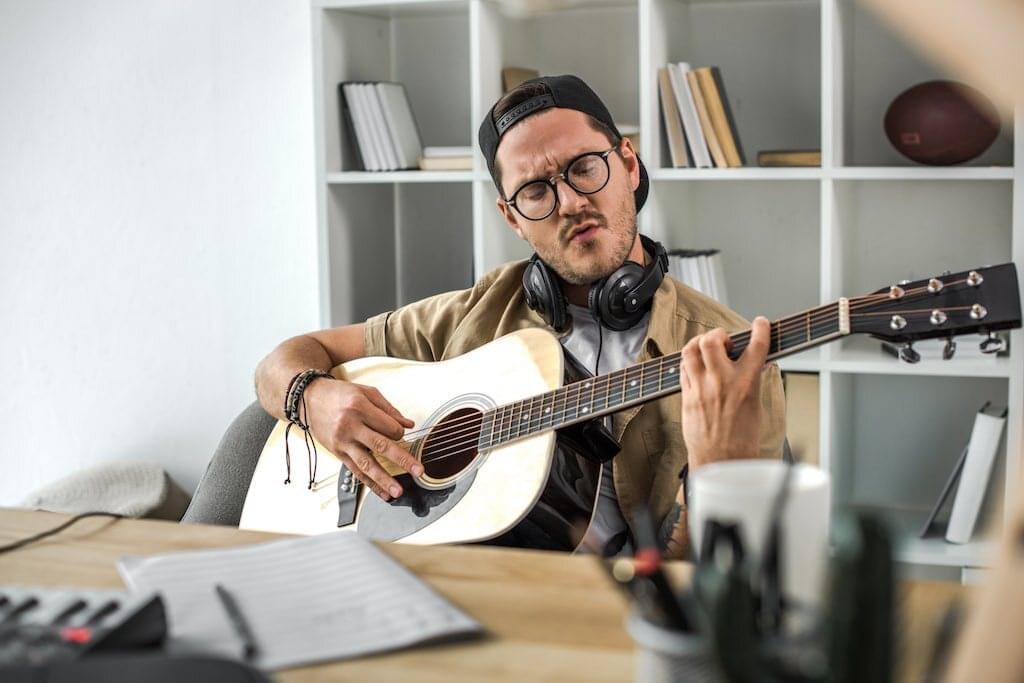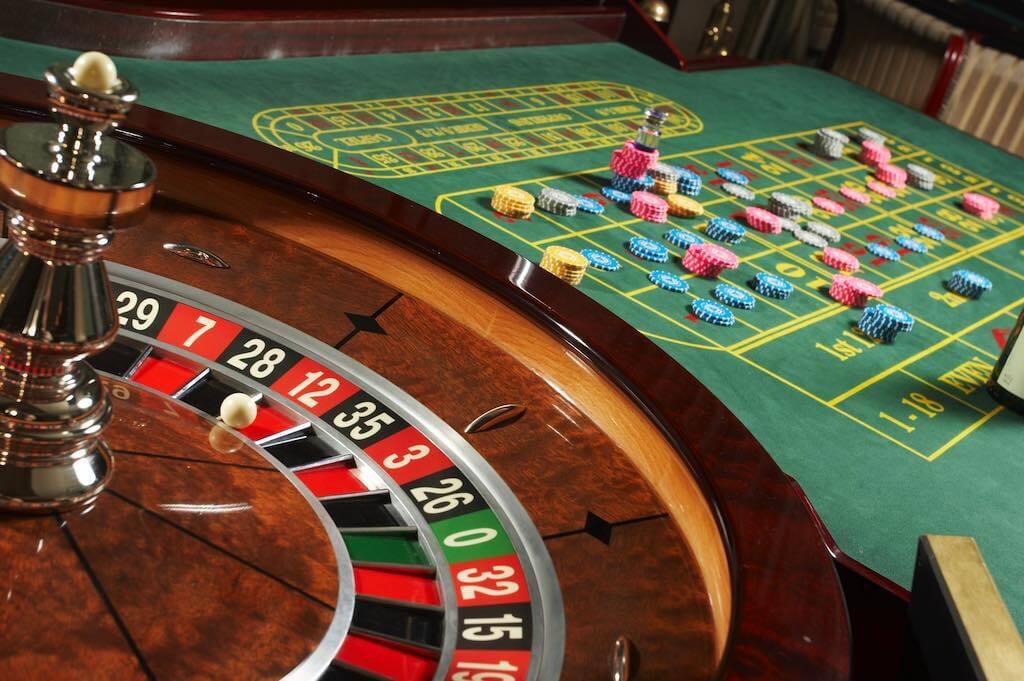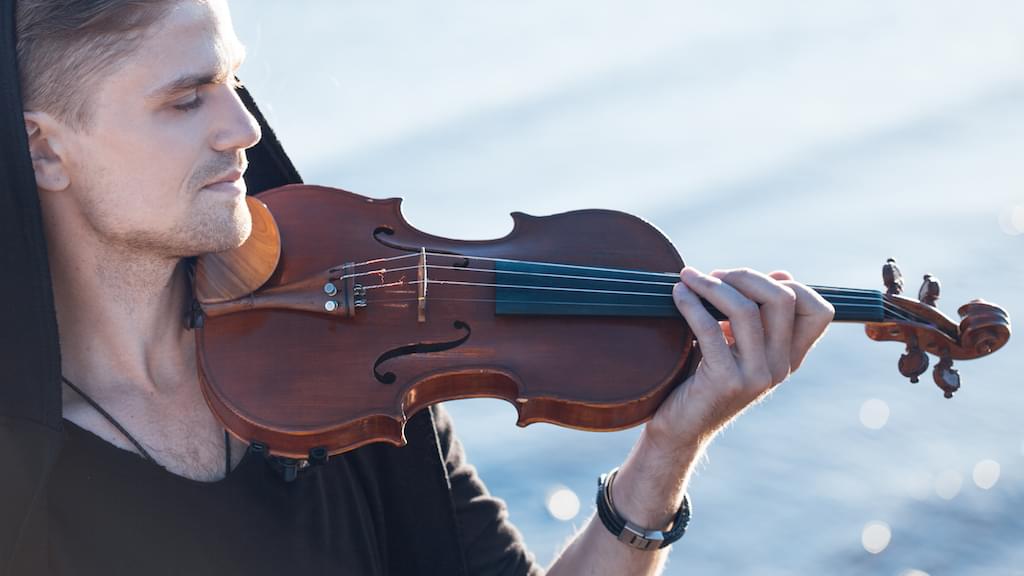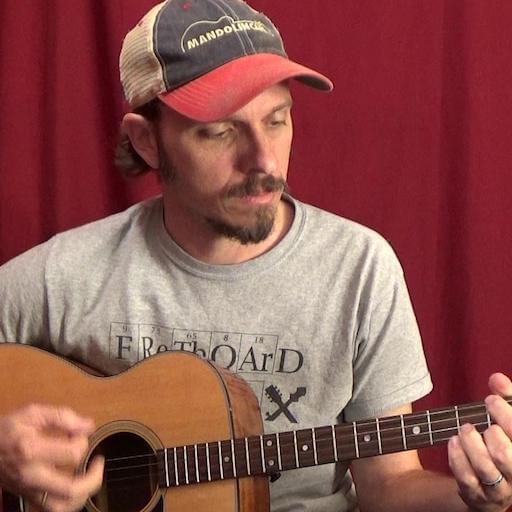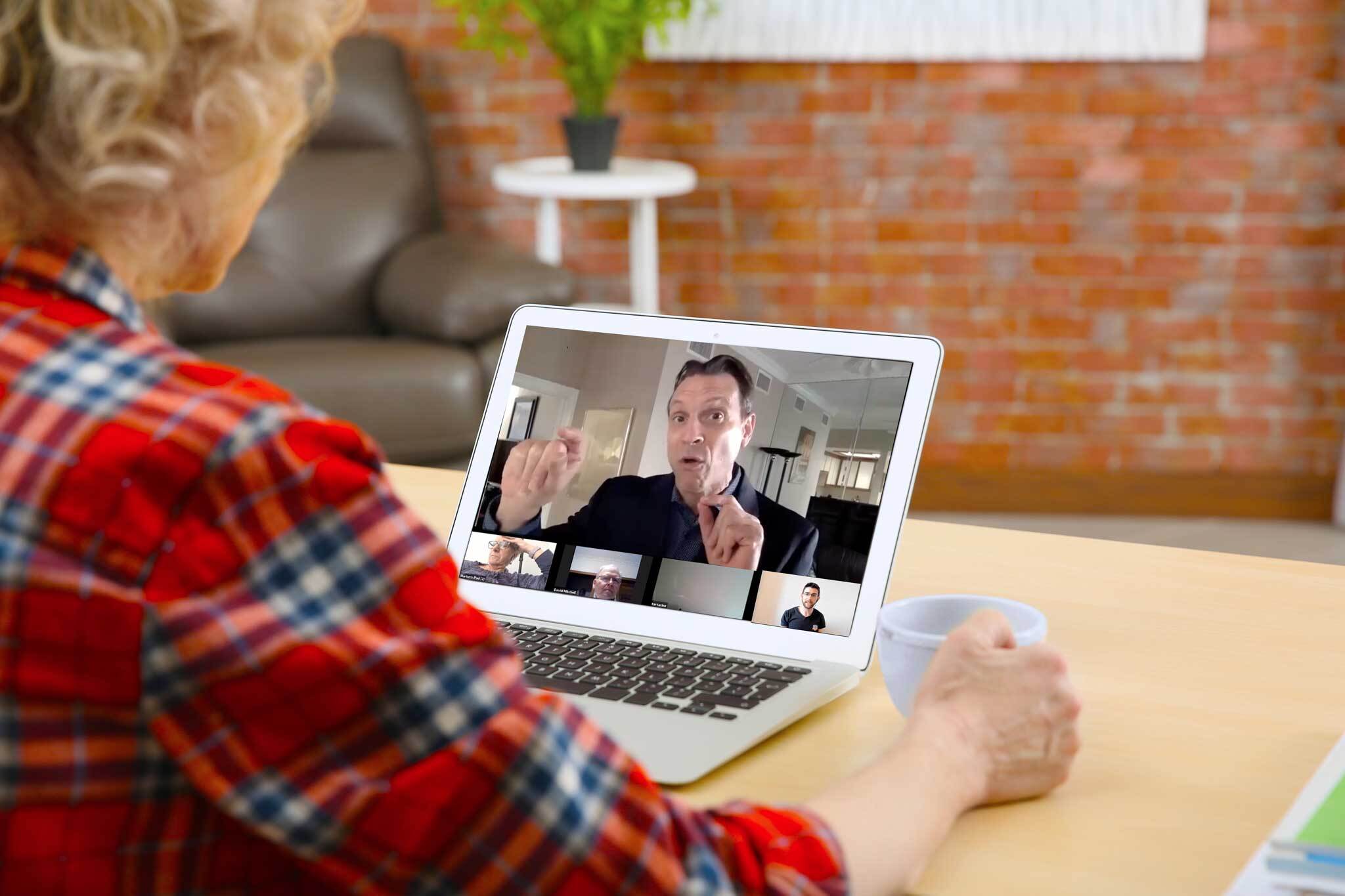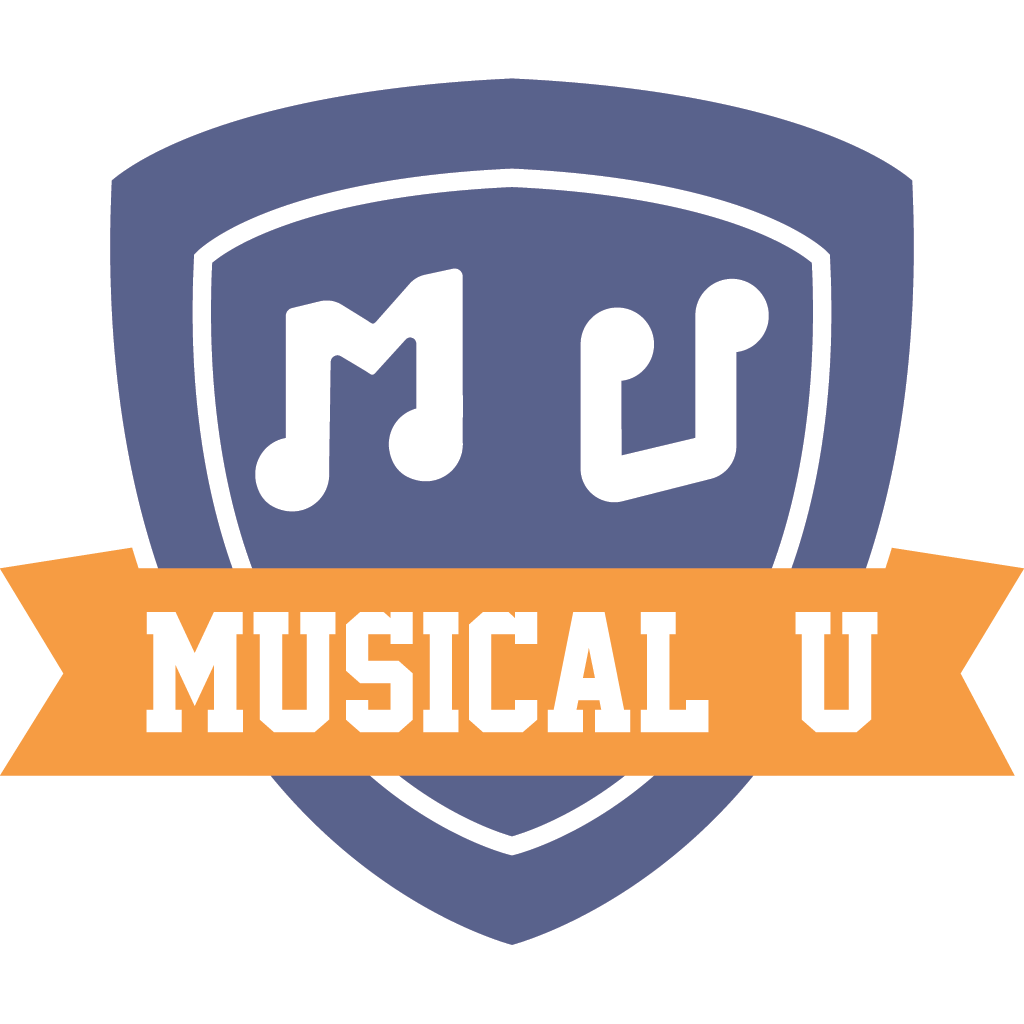
Musical U, in Partnership With Gregg GoodhartPresents...
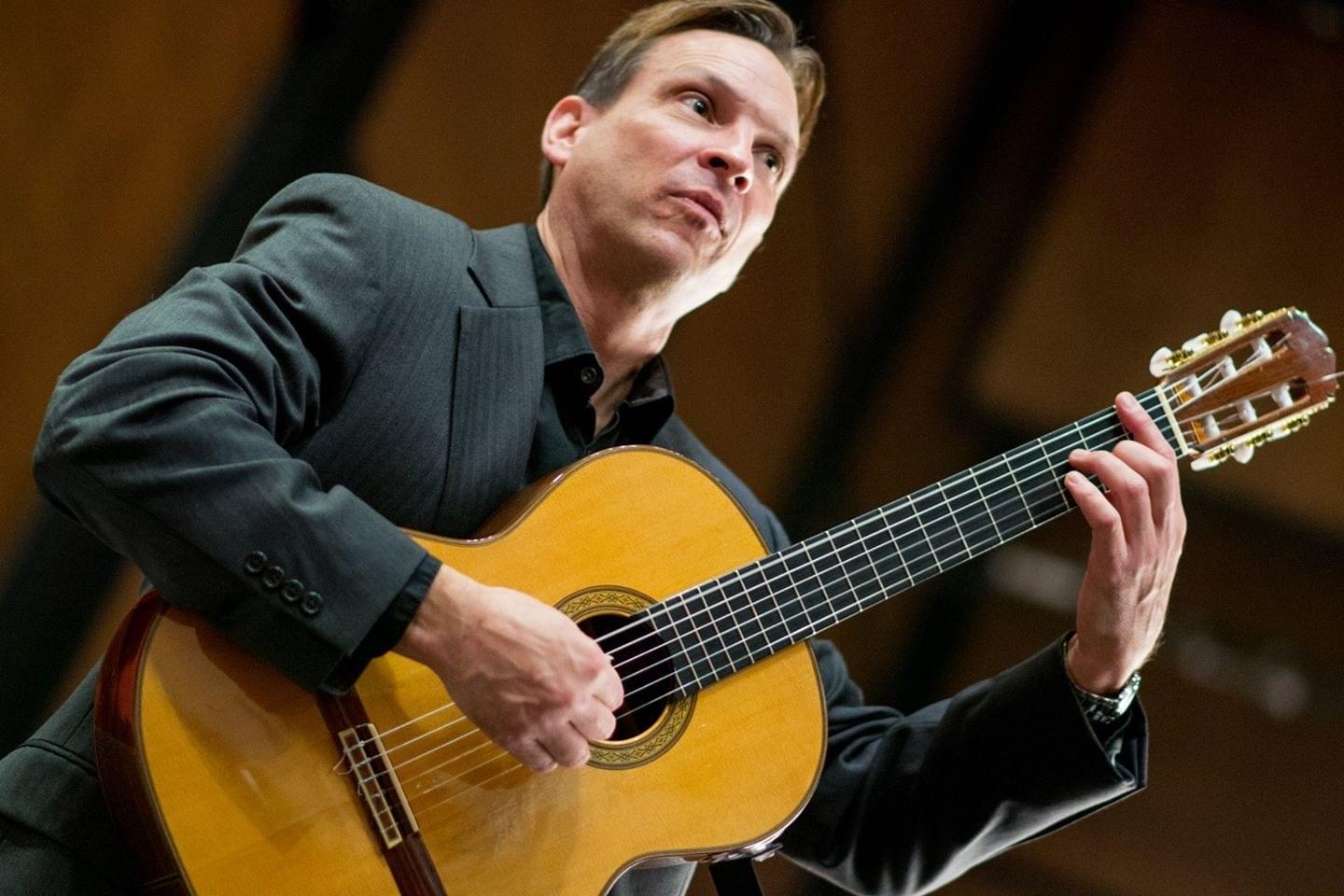
Limited Time Special Offer
Enjoy a 25% discount and $280 in bonuses when you buy now.
00
Years
00
Months
00
Weeks
00
Days
00
Hours
00
Minutes
00
Seconds
CUSTOM JAVASCRIPT / HTML
How Ordinary Musicians Are Making Weeks Of Progress in 30 Minutes (or less) Thanks To New “Superlearning” Practice Blocks.
See the shocking results of just one practice session by watching the video below now:
When you read this entire fascinating report you’ll discover…
- The “Power Law Of Learning” which reveals the real reason you experience frustrating plateaus with music (and how to break through them with ease).
- Why reducing mistakes during practice could actually be slowing down your progress (yes, practice makes permanent - but NOT if you do this).
- A counter-intuitive technique that allows you to improve your music performances at a faster rate by actually practicing less and less (you must do it in this exact way for this to work).
Emerging research is changing everything we thought we knew about learning.
And if you apply these findings to how you practice your instrument…
These new “Superlearning” principles will literally change your musical life.
Suddenly…
You’ll be able to instantly cut through frustrating plateaus like a hot knife through butter…
And make significant leaps of progress in just minutes! (even with the most challenging sections of music).
And this method will work…
- Even if you are not a “gifted” musician or fast learner.
- Even if you don’t have superhuman levels of discipline, willpower, or motivation.
- Even if your skill level has remained stagnant for months or years.
Because this approach is based on new universal principles of learning.
Meaning that it can work for absolutely anyone…
And it can be applied to literally any type of skill.
Which means that YOU (yes, you!) can reap the handsome rewards of this exciting new approach, regardless of…
- What instrument you play (whether that’s a violin, sax, guitar, piano, or anything you can think of).
- Your current skill or experience level (this works for complete beginners and advanced pros).
- Or how old you are (whether that be 9 or 90 years of age).
Now I’m fully aware that this sounds “too good to be true”.
Which is why…
I’m Doing Something Crazy
To Prove This Is NOT Just Hype
Having witnessed the power of these “Superlearning” methods for myself…
With musicians of all ages, backgrounds and skill levels…
I've decided to issue a challenge.
One that should appease even the most die-hard skeptic.
There’s A Second More Unfortunate
Reason Why I’m Doing This
If you’re like most musicians…
Chances are you don’t think results like this are possible.
And if that’s you…
This is probably due to one thing.
Your personal experience has shown you the “truth” about making progress with music.
It’s difficult and it takes a LOT of time and effort.
And you know this to be a fact…

Here’s something many musicians don’t realize or stop to think about…
Most “modern” approaches to practice and skill acquisition have been around for thousands of years.
I mean, just think about how basic and obvious these strategies really are.
In fact…
Historians have proven that people from ancient civilizations such as Mesopotamia and the Roman empire (among many others)...
Have used a lot of the same learning methods that we still use today.
And while they obviously work to some extent…
It seems kind of ridiculous to think this is the most optimal way to develop a complex skill like playing a musical instrument.
Finally A Change Is Coming
And that man is Gregg Goodhart.
He’s spent the past 10 years applying these new scientific findings…
Working closely with real musicians to refine these theories into an exact “step by step” process…
One that is so brutally effective that…
Ordinary musicians can use it to create dramatic leaps in progress in 30 minutes or less.
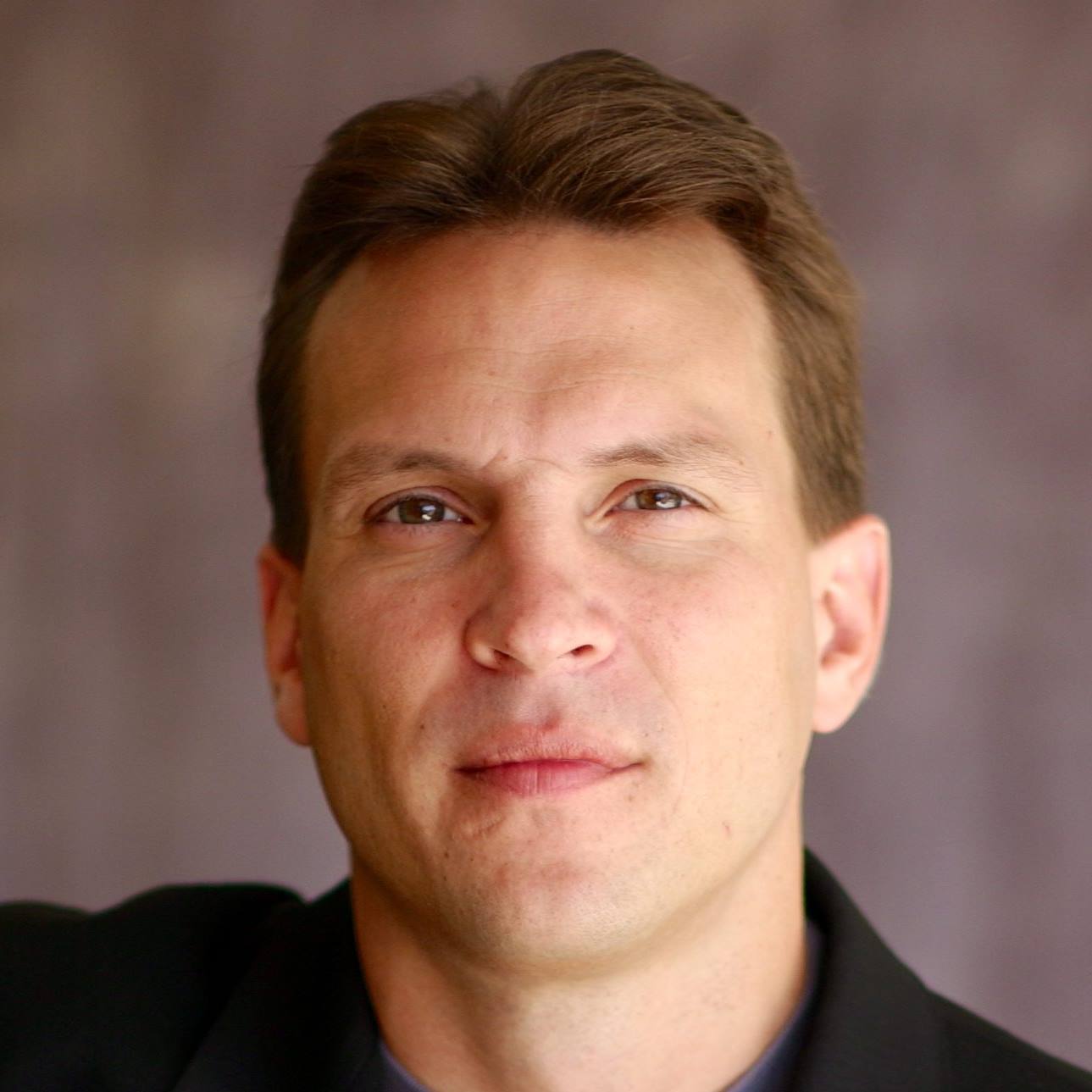
Now for the first time you can get access to step-by-step training on how to apply these breakthrough methods and start experiencing super-fast learning for yourself, with Musical Superlearning:
"AWESOME."
— Jenny S., Musical Superlearning student
"This new system allows me use my limited time to practice more profitably."
— Ed B., Musical Superlearning student
"Extremely useful and valuable."
— Joe R., Musical Superlearning student
Let me ask you…
Discover The 8 Music-Learning MythsThat Keep You “Stuck In First Gear”
CUSTOM JAVASCRIPT / HTML
“I’m not talented. If I want to get good it will be a long, hard, painful grind.”
That’s an understandable conclusion.
If you’re putting in the practice time and you’re working hard, but you’re not seeing results - it must be you.
You just don’t have what it takes.
Seems obvious, right?
Wrong.
There is a single root cause of every one of the problem above, and it has nothing to do with innate abilities or some mystical thing called “talent”.
And even the most devoted music learners - the ones who choose to believe they are actually capable of more - are seeking solutions to these problems in all the wrong places...
If you believe any one of these myths then you’ll want to read this entire page.
Because until you discover the truth about each of these, you will never come close to your true learning potential.
We’ll return to these myths a bit later on...
First we need to look at three “red herrings” that devoted musicians who want to learn faster are wasting huge amounts of time and energy trying to fix.
Is It The “When”?
The biggest complaint among musicians of all kinds is time.
“I can’t find time for music practice.”
“If only I could keep up a consistent practice habit...”
“I could improve faster if I could just set aside proper daily time for practice.”
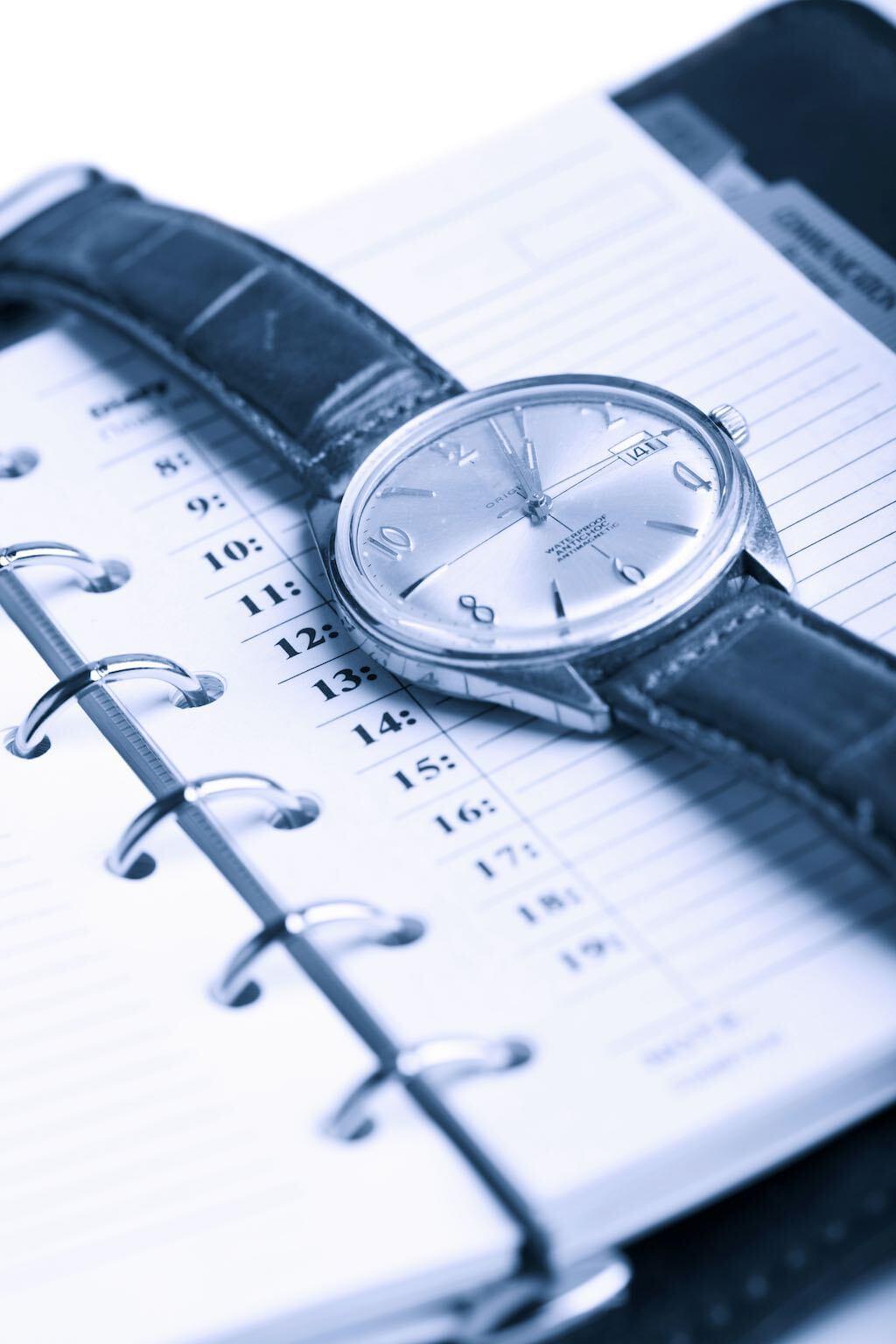
Although it seems like having more time (or being more consistent about setting time aside) for music practice is the solution, this is an illusion.
When we surveyed 750+ musicians of all backgrounds and ability levels, including semi-pro and professional players, it turned out that no matter how much time musicians have for practice, they always feel like they don’t have enough.
And they always feel disappointed in the progress they manage to make in that time.
So the secret to super-fast music learning is not about the “WHEN”.
You can learn music super-fast with as little as 15 minutes per day, 5 days a week.
Is It The “Who”?
“Alright,” you might be thinking, “so if having the perfect plan and unlimited time is not enough, what does it take? If you still couldn’t learn music super-fast with the “when” and the “what” taken care of…”
Well, then it must be down to you, right?
If you have a “bad memory”, or you’re “not a fast learner” or you have “slow, fumbling fingers” - what hope can there be?
For many music learners it seems as if there are just fundamental biological or genetic characteristics which keep them from learning fast.
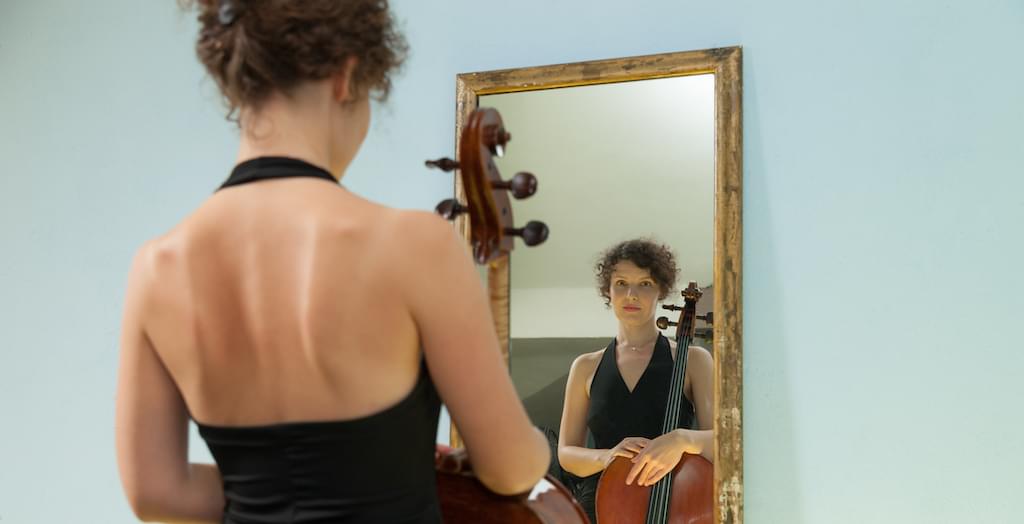
Some kind of “you’ve got it or you don’t” traits that determine if it will be easy for you to become a great musician or not.
But ask yourself this: if that were true - surely science would have found these special traits by now?
We would see research study after research study all saying something like:
“The best musicians are those who have high intelligence, a strong, reliable memory and unusually high levels of dexterity.”
But look at the scientific research going back decades - and you won’t find a single validated study which says anything like that.
In spite of everything society and television would have us believe about “talent” in music, the facts are clear: the very best musicians are not bizarre freaks of nature, gifted with physical and neurological abilities beyond those of mere mortals.
Biologically they are exactly the same as every other human being.
If you want to improve ultra-fast, and achieve the same heights of musical abilities that they have, it’s entirely possible for you too.
So the secret to super-fast music learning is not about the “WHO”.
You can learn super-fast, no matter who you are and no matter what your natural abilities might be.
It’s All About The...
So if it’s not a matter of “What”, “When” or “Who” - what does it take to learn music super-fast?
If it’s really possible to see rapid progress in just 15 minutes per day, regardless of what you choose to work on, or what natural abilities you were born with…
… by this point you’re probably wondering “How?”
And that’s exactly the right question to ask.
You see...
The secret to super-fast music learning is all in the “HOW” of practice.
Learning Music Is Not Like Learning Other Things.
As adult learners we need to be aware of a common but disastrous mistake:
Thinking that we can learn music the way we learn other things.
We’re used to reading books or newspapers and learning facts, effortlessly.
We’re used to expanding our work skillset on-the-fly, adapting to new challenges in our job without needing to think much about it or consider doing any “practice”.
We’re used to watching a YouTube tutorial on something like bike repair or home improvement, and being able to go away and apply that new knowledge in a reasonably competent way, right away.

Music is different.
Developing your musical abilities requires a fundamentally different kind of learning.
And that’s why when we simply show up for practice and bash our head against the practice plan we laid out, we rarely see any real progress.
You see...
However many music lessons we’ve had, and however much music information we’ve been taught -
We’ve never actually been taught how to learn musical skills.
And as long as you are trying to learn musical skills the same way you learn most other things, you’re following a recipe for mediocre results and continuous disappointment.
But when you discover how music learning is really meant to work…
Everything changes.
Meet Gregg.
“I’ve been playing some type of instrument or another most of my life.
When I was 10 I already knew I wanted to be a musician. All the cool kids were into the Beatles and I started learning to play the drums.
By the time I was 12 I had moved on to guitar. I started playing in several bands but as a self-taught rock guitar player I had to struggle, and it took forever to figure out the music theory, memorize all the key signatures and all that.
But I loved it so much that I just never got away from it.

I tried so many wrong ways to get better that I probably should have quit! But I have an unusual amount of grit: even when I should quit, I don’t. Luckily in music I ended up finding out that, hey, if you don’t quit you eventually get there.
I remember it was always frustrating that I could play things slowly, but I couldn’t figure out why I couldn’t play them faster.
When I tried to play them faster, they fell apart.
My reasoning at the time was, "well, I can walk or run. I can choose to do either. So if I can play it slow, I should be able to play it fast, right?"
I tried everything.
And I just could not figure out how to get past that barrier.
I also had what I think is a very common experience: that is no matter how much I worked in practice, when I got on stage I would make a number of mistakes that was unacceptable. You know no one would pay for that...
It might have even been 95% correct! But the 5% that went wrong - they were always the parts I’d worked on like crazy because I knew those sections were hard. They just didn’t work in concert.
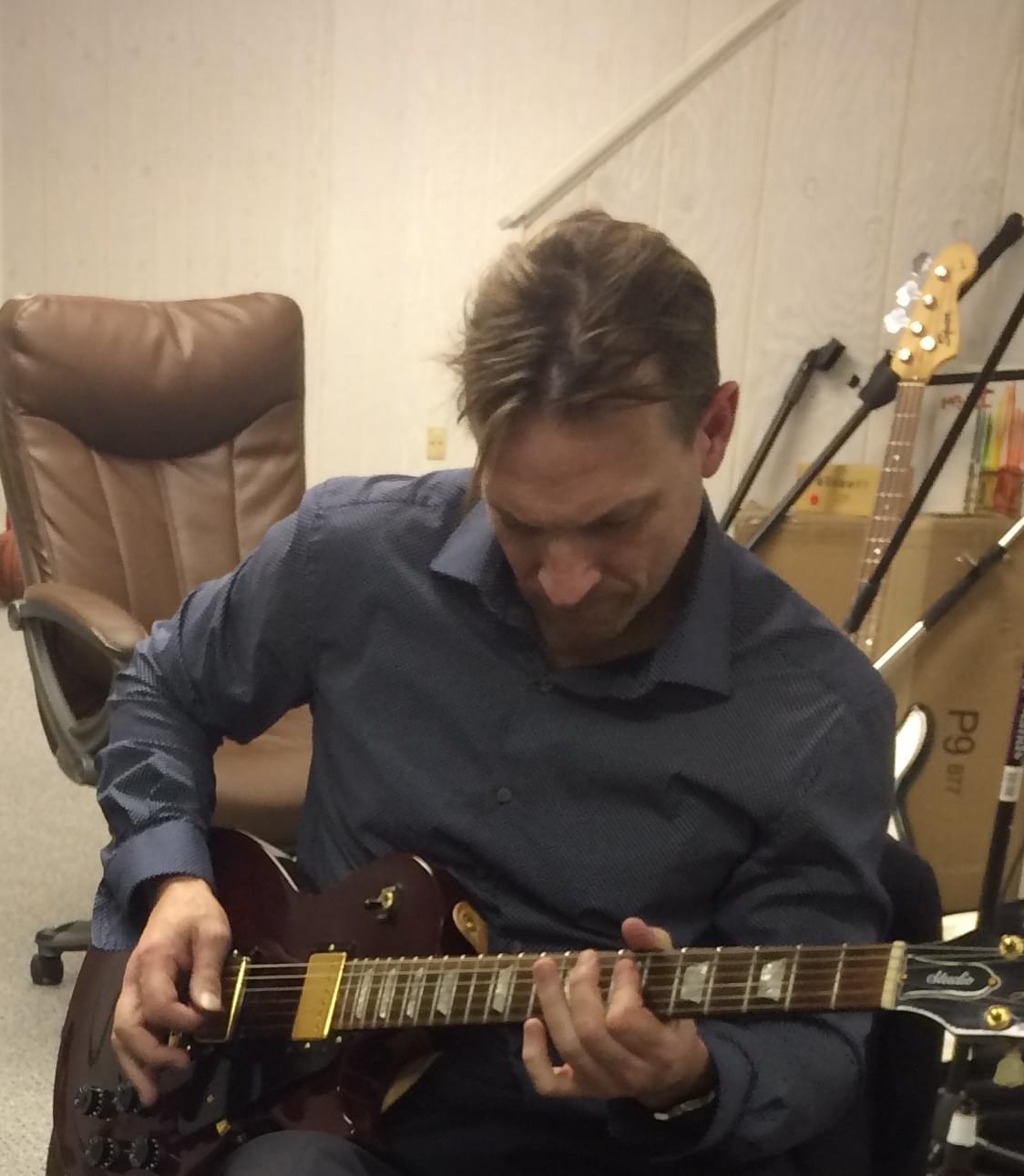
And then I’d walk off stage really disappointed about the 5%... because we all know full well that despite everyone telling us that we’re great, we’re wonderful and everyone enjoyed it, we know full well that no one would pay for a concert ticket to see that.
And it is good to have that "100% perfect" ideal in our mind.
But it creates this big hump.
I knew what I wanted to express musically... but it's really hard to express yourself if your technique doesn’t work. Your fingers get in the way between your head and your heart and your instrument and you have to train them.
Still, I persisted.
I moved on to classical guitar and even got a master’s degree in performance playing this way. A lot of people do.
I was good enough that even though I saw players better than me and wished I could do better, I accepted that I should be satisfied with at least being better than most people... And that at least got me some recognition.

But I will tell you I was always internally disappointed. I kept working towards performances or recording, and it never worked the way I wanted.
I was very disappointed in my playing well up into my teaching years.
And then this is where it gets interesting...
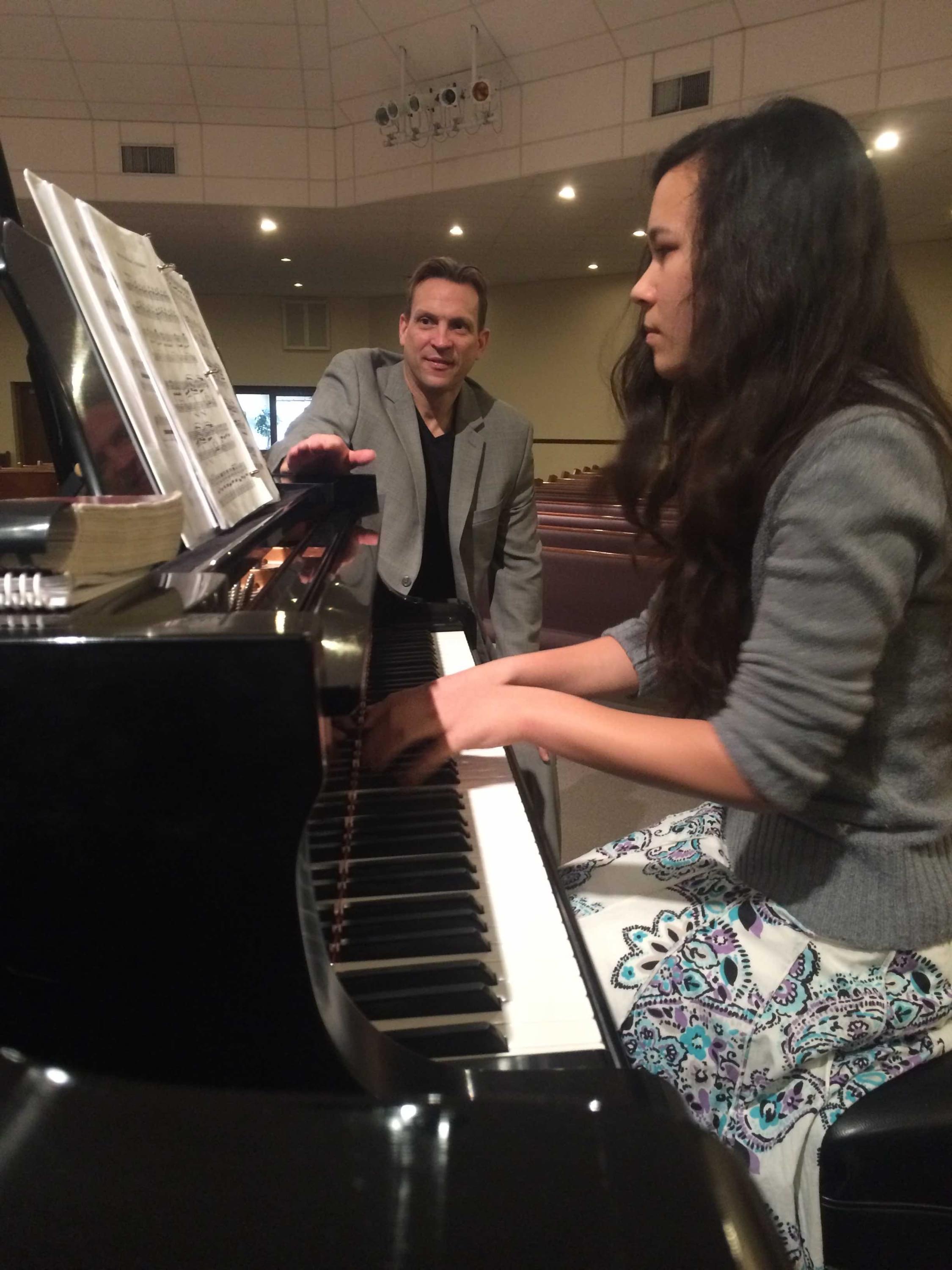
I became curious about this idea of "talent" - and what I could do to nurture any potential "talent" in my students.
And what I discovered shocked me.
It turned out that the scientists knew things about "talent" that nobody was talking about...
In the research world, it was abundantly clear:
Talent didn't seem to exist.
At least, not in anything like the way we’d all been led to believe. The science showed clearly that “talent”, if it exists at all, does not seem to matter in how much skill you can develop. And it is not something that one person can have and another can’t get, with about the same amount of work.
But it got even more fascinating from there...
Because the scientists didn't just prove that talent was a myth.
They had also figured out what was going on when somebody achieved world-class abilities and seemed to learn dramatically faster than normal.
There were all these methods and techniques that explained how some people learned super-fast and others didn’t.
The more I read, the more excited I got.
I started trying some of these things out...
First in my own practice, and then with my students.
And it worked.
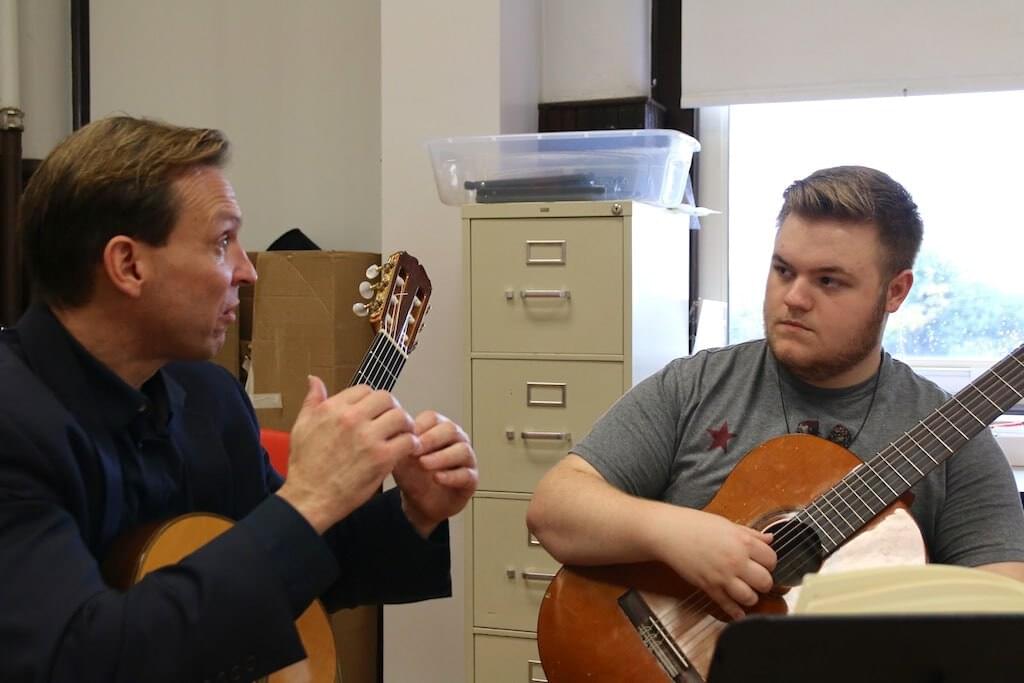
That “barrier” of not being able to get things fast enough?
Gone.
I could quickly learn to play any section at full tempo, no problem.
The “hump” of live performance only ever being 95% right?
Gone.
I found that when I fixed my practice, I could step on stage and confidently play at 100%, every time.
My ideas about what I was capable of as a musician quickly began to shift...
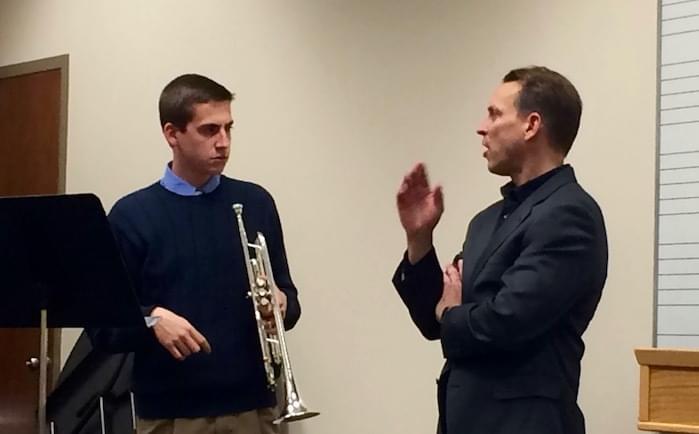
Every day I was seeing my students leap forwards in their instrument skills.
They would blow through pieces that had been troubling them for months.
They were suddenly playing with an accuracy and consistency that you would never expect from kids that age - except when they were one of those so-called “prodigies”.
Now I knew exactly where those apparent “prodigies” were coming from.
It wasn’t magic or anything mysterious.
They just knew how to practice.
The more I studied the science, the more I tried it with my students, the more astonished I became that 99% of the world was still stuck in the same-old ways of practice.
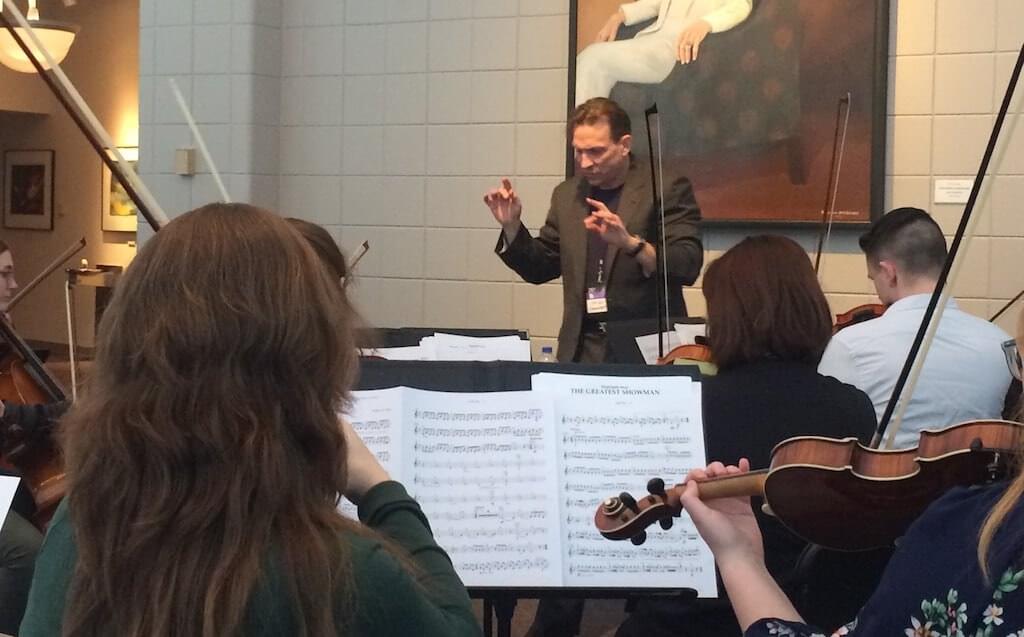
That endless “play and pray” where you just keep doing the same thing and hope you get better… what a waste of time!
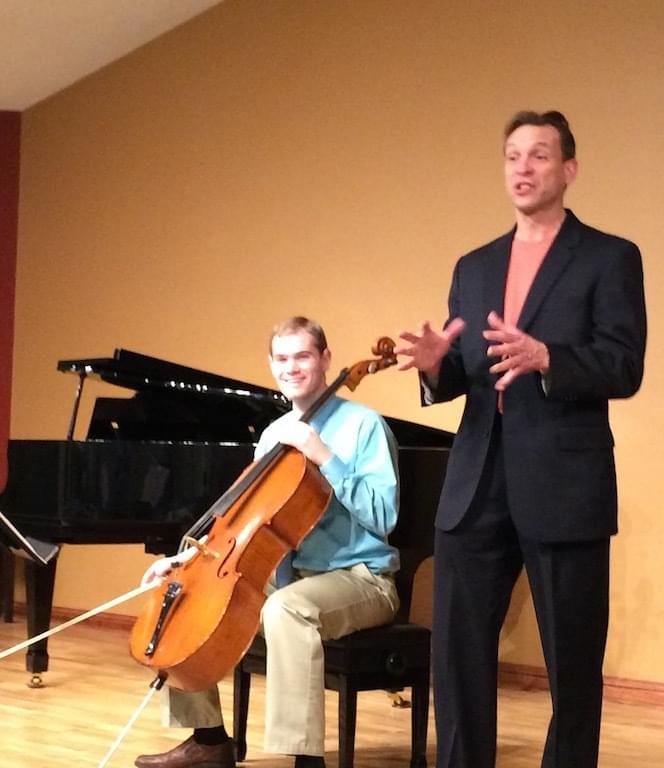
When other teachers saw the results my students were getting, they wanted to know how it was possible.
So I started teaching the teachers.
Soon I was travelling all over the country talking in high schools and universities, sharing these “secrets” that had been hiding in plain sight in the scientific literature.
I became known as “The Learning Coach” and I found that world-class musicians were seeking me out for 1-to-1 training to help them reach new heights after being “plateaued” for years.
Now, I never claim to have invented the underlying concepts of super-fast learning...
But over the last 10 years I have probably spent more time than anybody else on the planet studying these ideas and figuring out how to put them to use for the task of learning music.
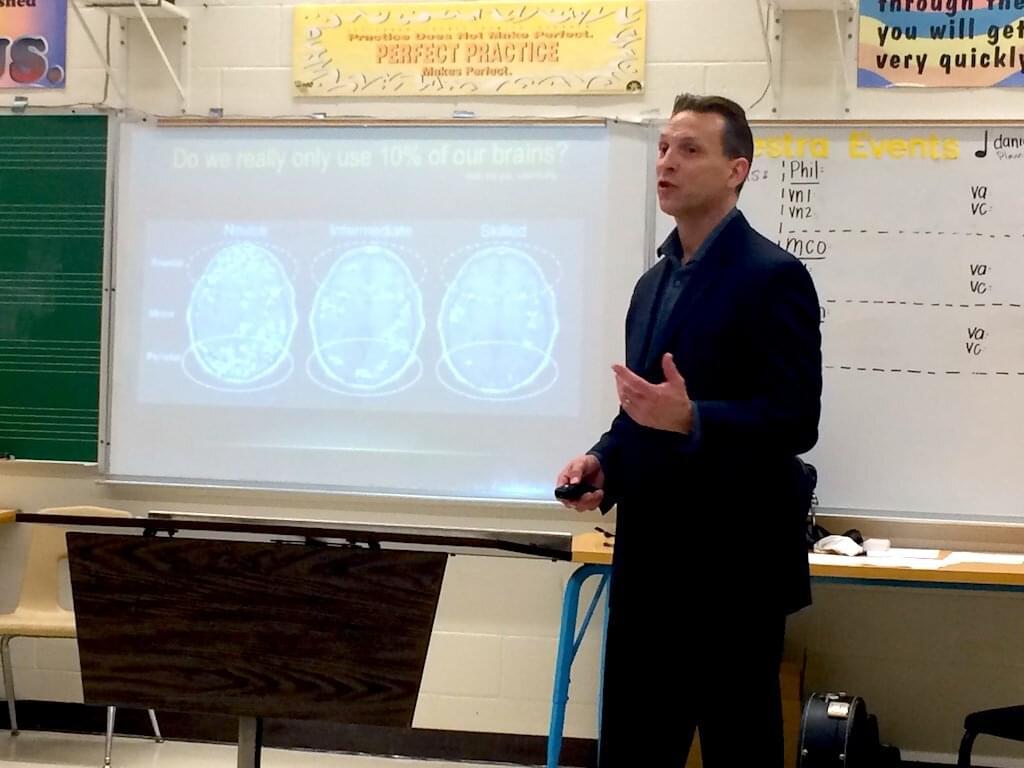
And now it’s my life’s mission to get these techniques into the hands of every musician and music learner in the world.
When you discover the secrets behind how “prodigies” are made and how some musicians just seem “talented”...
... are in fact all practical techniques that you too can use...
You realise it’s entirely realistic that you too could be a “talented prodigy” - and fast.
Learning music will never be the same again.

"Gregg is great - bridging a true gap. Very easy to see results in a matter of minutes."
— Zane H., Musical Superlearning student
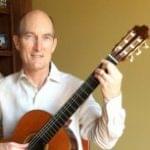
— Bob G., Musical Superlearning student

" I was blown away by the difference! Greg is brilliant."
— Ashley M., Musical Superlearning student
CUSTOM JAVASCRIPT / HTML
MYTH #1
“Musical ability is innate. Some people have more ‘talent’ than others.”
MYTH #2
MYTH #3
MYTH #4
“If you can’t keep up a consistent practice habit, your life is too busy or you need to have more discipline.”
MYTH #5
“The goal of music practice is to eliminate mistakes - the fewer the better.”
MYTH #7
The Bottom Line Is...
Until You Fix The HOW Of Practice You Will:
- Never have enough time because you're wasting whatever time you do have
- Experience slow, unpredictable and inconsistent progress because you’re applying practice methods that aren’t suitable for the type of learning you’re actually trying to do
- Be prone to blaming yourself, and feeling lazy, frustrated and disappointed because however hard you try, you just won’t get the results you want or deserve
- Constantly be seeking out something new that you hope will give you a little burst of progress and refresh your enthusiasm (a.k.a. “shiny object syndrome”) because you haven’t yet learned the reliable and sustainable ways to produce fast and consistent progress in your music practice.
-
Find your motivation and enthusiasm fading over time, perhaps even to the point of wanting to give up completely because let’s face it: it’s no fun to feel like you’re failing, especially at something you really love and want to be good at.
Make one decision now to fix the “How” - and you never need to suffer these challenges again.
Fix The “How” And...
So How Do You Fix The “How”?
CUSTOM JAVASCRIPT / HTML
A 4-Week Online Training Course Developed In Collaboration With “The Learning Coach” Gregg Goodhart, Designed To Empower Any Music Learner To Dramatically And Permanently Accelerate Their Learning.
- Learn the powerful concepts underlying the techniques you’ll be using so you know how and why they work.
- Practice using new high-impact techniques with specific guided exercises.
- Apply your new practice techniques to real practice tasks from your own music learning.
In just four weeks you’ll experience nothing less than complete transformation in your music practice and the results you get.
And of course, as you would expect from a course created by the leading providers of musicality training online and the world’s top expert on high-efficiency learning in music:
This is not going to be a painful grind for four weeks!
This course is designed to be fun, easy and convenient - and specifically intended for people who don’t have a lot of time and may have struggled to keep up a music practice habit.
You’ll find yourself moving through the material easily, smoothly and with great delight as you see the results quickly start to manifest in your musical life.
Secure Checkout. Prices in US Dollars.
Time Limited Offer!
00
Years
00
Months
00
Weeks
00
Days
00
Hours
00
Minutes
00
Seconds
CUSTOM JAVASCRIPT / HTML
Week 1: Take The Shortcut Straight To Success
The concept is simple - in fact, you’ve already encountered it earlier on this page when talking about Myth #3 and breaking through plateaus.
We think that the fastest route from A to B is a straight line.
But if your speed along that straight line is constantly decreasing, should you really just continue on in the same way?
That’s exactly what we tend to do in music learning, and that’s why contextual interference is so critically important.
When you apply the techniques of contextual interference you deliberately make your chosen task harder on yourself - but in a very intentional and carefully-chosen way.
By pushing your brain in a different direction, you force it back into high-efficiency learning mode - and when you return to that normal “straight line” path to the goal, you’re suddenly back to moving at full speed.
Simple idea, right?
But it’s not so simple to know how to use it effectively, and in a way that doesn’t produce “diminishing returns” over time...
In Week 1 we’re diving straight in to mastering contextual interference, the tool which can "reset the power law of learning" and get you back to making fast progress in any situation. This will be like taking a shortcut to success because you’ll see big results in your music learning right away.
Including:
- The truth about music practice, and why simply “putting in the reps” is a recipe for disaster.
- What most people don’t realise is actually happening in our brain when we learn a new skill - and what that means for your music learning.
- The reason music is fundamentally different to almost every other topic or skill you might try to learn as an adult.
-
How to use contextual interference, the single most effective practice technique (described as “steroids for music-learning”) with endless variations that make it 100% reliable.
-
The strange idea of “desirable difficulty” which underpins the powerful “contextual interference” technique. (When you master this, you can create your own “powertools” of learning on-the-fly.)
-
How to break through any “plateau” in your progress and consistently see clear, measurable progress. Week after week... Month after month... Year after year...
-
21 powerful tools you can use to master tricky sections and quickly get any passage up to full tempo.
-
What never to do with “tricky sections” in the music you’re learning to play (even though it seems like a good idea).
-
The neurological reason you sometimes seem to get worse during a practice session - and the bizarre solution that fixes it in 30 seconds (with literally zero extra effort).
Week 2: Discover The Masterkey To Accelerated Learning
Deliberate Practice
Simple name.
Deep concept.
Some musicians who have come across this idea have distilled it down to this:
Meaning: focus your effort on where it’s needed most.
Now that is a powerful idea in itself…
But deliberate practice goes much further and deeper than that simple starting point.
There is one easy way to understand deliberate practice. Watch Gregg explain deliberate practice in a nutshell here:
Have you been wasting your time doing just the “Plan” and “Do” steps repeatedly?
Until you introduce the missing “Reflect” step, you’ll always be wasting the majority of your practice time.
Like all these techniques, it takes only a few minutes to “get the idea” - but it takes more than that before you actually see any impact.
In Week 2 we’re going deep on deliberate practice, showing you exactly what it looks like when it’s applied, how it relates to the “contextual interference” technique you learned in Week 1, and the various ways you can use deliberate practice to get better, faster results in a fraction of the time.
Including:
- How to improve more in 10-15 minutes per day than you ever dreamed possible. This is a permanent game-changer for your future as a musician.
- What you should be spending your practice time on. (Hint: It’s not the “laundry list” of tasks you’ve probably been taught makes for a “good practice routine”)
- The 5 warning signs to look out for which signal your practice time is not being well spent - and the reliable “quick fix” solution to each.
- The one thing that’s better than having the world’s best teacher. Until you get this, the efforts of even the best teacher will be wasted on you. But once you get it, you’ll make faster progress with any teacher, course or method.
- An end to seeking the “perfect practice plan”. Once you discover how to guide your own practice minute-by-minute for maximum learning, you’ll realise that any fixed “practice plan” is simply a recipe for wasting time.
-
What you must do in every practice session if you want to come away feeling a clear sense of measurable progress.
- What common practice advice you should never take (if you want to actually get results).
Week 3: Develop Your Elephant-Shaped Sponge
Is there anything more frustrating than spending time and effort to learn something - only to find that days or weeks later, you’ve lost it again?
Well, maybe there is one thing more frustrating: when it feels like a Herculean struggle to learn or memorise it in the first place!
Whether it’s songs and pieces you’re trying to get “off book”, the fingering patterns you’re meant to use, the sharps and flats in key signatures, your set list for tomorrow night, or anything else - almost every musician feels like this one thing puts a hard limit to their capabilities:
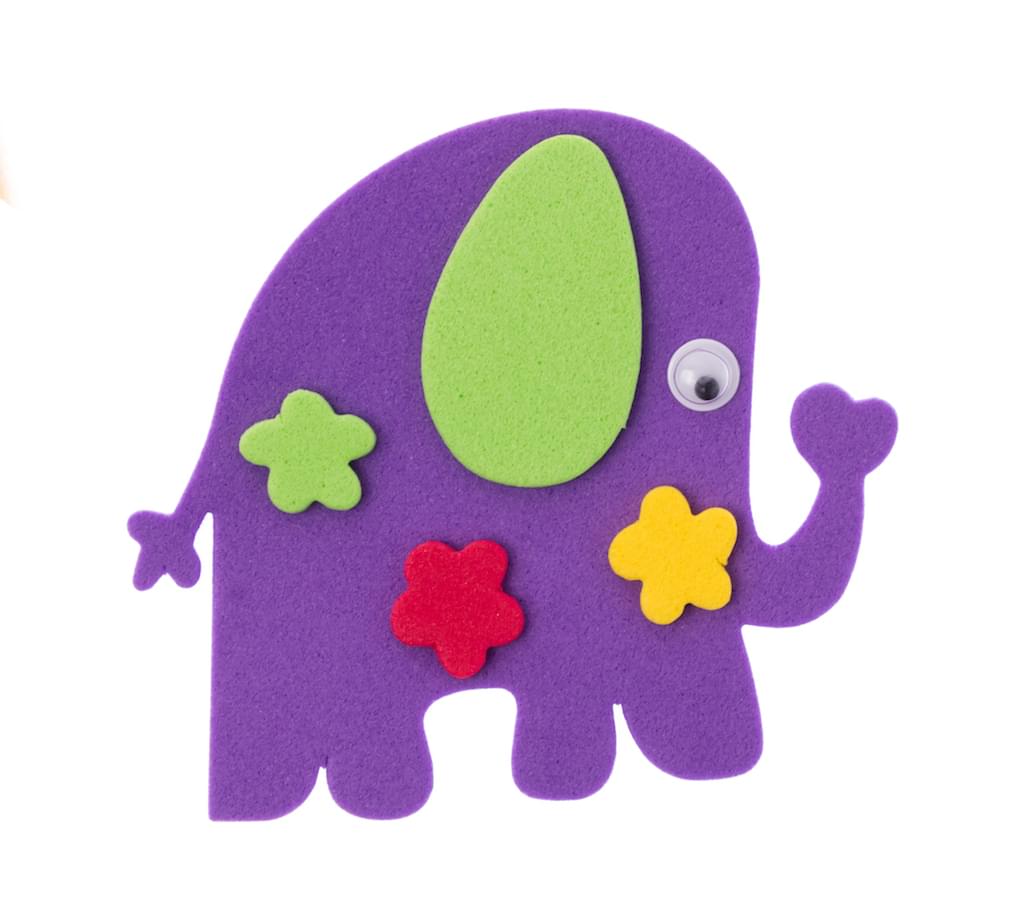
In Week 3 we’ll be uncovering the practical processes and techniques used by the world’s top memory champions (people who literally compete internationally for who can memorise fastest) and the surprisingly easy things you can do to reinforce everything you learn and move it from “short term” to “long term” memory, to be summoned up with perfect recall any time you want it in future.
Including:
- The “guerilla practice” technique that lets you make fast progress even if you can never sit down for a 20-minute practice session.
- The four innovative time-management strategies you can find to unlock hidden “music time” throughout your weekly schedule.
- The secrets to having a “super memory”, able to learn new music fast, retain it long-term and recall it reliably, regardless of whether you ever thought you had a “good memory”.
- Just like learning physical skills, when it comes to memory brute-force repetition is not the solution: it’s the enemy. There are smarter approaches that let you develop rock-solid memories with a fraction of the time and effort.
- The internal structures the brain uses to memorise - and how to turn these to your advantage to soak up new knowledge quickly and store it long-term.
-
Why it’s normal to struggle to remember something when returning to it after a break - and how knowing this will help you manage your memorising with maximum efficiency.
- Visualisation methods for rapid memorisation. You won’t believe what your mind comes up with - and how it “short-circuits” the struggle of memorising large amounts of information fast.
Week 4: Become Your Own Greatest Ally
Mindset.
Now you might be thinking that Week 4 must be about “postive thinking”...
"Let’s all just feel happy all the time!"
Nope.
It is critically important to overcome that negative self-talk and re-set your musical mindset.
But this goes way beyond mere positivity.
In fact, the most productive and effective mindset is more realistic and pragmatic than you’re probably used to - not less.
In Week 4 we’re going to look at what the science reveals about mindset. What are the beliefs and attitudes you can adopt and nurture in yourself which will actually have direct, practical benefits on your learning. And how can you tap into that special state of blissed-out ultra-learning called “flow”...
Including:
In Just Four Weeks...
Secure Checkout. Prices in US Dollars.
Time Limited Offer!
00
Years
00
Months
00
Weeks
00
Days
00
Hours
00
Minutes
00
Seconds
CUSTOM JAVASCRIPT / HTML

"This course is making me realize how much more focus I should put on the task itself as well as choosing the task to tackle. Wow!"
— Robert D., Musical Superlearning student

"I had practiced this piece over and over, making minimal progress. Today, after following the assigned exercises, I actually broke through my plateau, and am feeling optimistic! Onward!"
— Sue T., Musical Superlearning student

"I’m applying this model to my jazz standards. [After using course exercises] I played it several times much better and at a much faster tempo. I was really pleased and gave me confidence in moving forward."
— Gerry F., Musical Superlearning student
Is Musical Superlearning Right For You?
If you can relate to any of the types of musician and have experienced any of the problems below then Musical Superlearning has been designed to help people like you.
Musical Superlearning Helps...
People Like This...
-
BEGINNER THROUGH TO PRO
From excited hobbyists who have just started learning music, through to the committed player who's been learning for years, through to full professionals at the top of their game. Unless you're already using all the techniques taught in Musical Superlearning, you are learning at only a fraction of your true potential. -
ALL INSTRUMENTS AND STYLES
The course is designed to work for any instrument and style of music. At Musical U we specialise in developing this kind of training, so you can be confident that whether you play guitar, piano, violin, sax, harmonica or mountain dulcimer - and whether you play rock, pop, jazz, classical, electronic or exclusively 90s Britpop cover songs, this course will work for you. You will be shown how to apply the techniques on your instrument and your music.
-
ALL ADULTS
Although these techniques can be extremely effective with young learners, it's important to note that Musical Superlearning has been created for use by adults only. Any age from 16 through to 90+ years of age are welcome and will be able to successfully use the course. You will probably find it easy to adapt for use with children if you wish - but please note this is not a supported use of the course.
With Things Like This...
-
LEARNING
Developing instrument technique quickly, playing increasingly challenging repertoire, learning the "book knowledge" such as notation and theory. Overcoming "slow" or "sloppy" fingers. Getting past "sticking points" easily. -
MEMORISING
Committing new pieces to memory fast and retaining a large repertoire long-term.
-
TIME
Keeping up a practice habit, finding time for music amid a busy life, making the most of the practice time you have.
-
MOTIVATION
Keeping your passion strong and ensuring you continually see clear, measurable progress so that you have no doubt you're improving.
-
CONFIDENCE
Overcoming performance anxiety and gaining the certainty you can perform at the peak of your abilities, no matter the situation.
-
REACHING YOUR FULL POTENTIAL
Break through any sticking point or "plateau" and continually reach new heights of musical ability. Banish self-doubt by proving to yourself that you are capable of great musicianship.
CUSTOM JAVASCRIPT / HTML
CUSTOM JAVASCRIPT / HTML
"I was working myself into a frenzy over not practicing enough - but I wasn't fixing anything! "Play and pray", that was me."
"In 2-3 weeks my whole practice has changed, my outlook has changed - I can't stress enough how much of a change that has made for me. [...] This is the best thing I've ever done."
CUSTOM JAVASCRIPT / HTML
"I used to think that I didn't have enough time to practice. But by doing the things Gregg suggested, I got loads and loads more practice time - and made far more progress than I would have thought."
Mike M.
Secure Checkout. Prices in US Dollars.
CUSTOM JAVASCRIPT / HTML
"[Now my] practice is deliberate practice. I'm no longer just running through pieces. I'm actually having more fun because I'm taking a piece I'm working on and I am acting like a kid again, actually!"
Bob G.
CUSTOM JAVASCRIPT / HTML
"I couldn't find anybody who could help me break through those plateaus."
"It surprised me how quickly it took effect."
"I actually cut back on my practice time [...] because it became so clear where I was just repeating, and not in a productive way."
Nat H.
CUSTOM JAVASCRIPT / HTML
"I was like, "I want to learn this fast." I did not want to waste any time with this."
"With these techniques, the practice time, kind of isn't an issue. I'm not shooting to practice for an hour or two hours (even though I often do because I'm having a good time). Now it's, "I want to accomplish this. And this is how I do it." And the amount of time that it actually takes to do this is a lot less."
Lynne G.
Lynne was always interested in playing music, but several experiences during her formative years caused her to stop playing. Teachers during those times weren’t as supportive as she needed them to be and there was some baggage that she carried with her for years, causing her to doubt her ability to play music.
After getting back into music later in life, Lynne realized just how much she loved to play and wanted to make it a more permanent part of her life. She not only wanted to learn… she wanted to learn fast!
Since learning from Gregg, Lynne says her perception of practice has completely changed. She used to just play songs over and over again, hoping that she would make it through without mistakes. She now uses practice techniques that better train her brain to retrieve the skills she needs from long-term memory. Her repertoire has expanded greatly and she’s even begun performing with confidence to her group of friends. She says that her long-held dreams of playing the instrument have been realized.
About the course provider: Musical U

Musical Superlearning is brought to you by Musical U, the world’s leading provider of musicality training online.
Musical U has over 10 years of experience helping adult music-learners of all kinds develop skills they'd always thought took "talent" and reach new heights of musical ability.

Our flagship membership program is rated 4.8 out of 5 stars on public Google Reviews.


Leading Music Educators Are Saying:

“The Musical U team is downright amazing. They have a great attitude and are always working hard to ensure their members are in the loop and making progress towards their goals. I'm not aware of any other community out there like it. Highly recommended!”
- David Andrew Wiebe
Music Entrepreneur HQ

“Musical U is one of the best, most devoted resources on the internet for musicians who are serious about growing their musical skills. I am constantly amazed at the depth of insight and the quality of resources that are available."
- Natalie Weber
Music Matters Blog
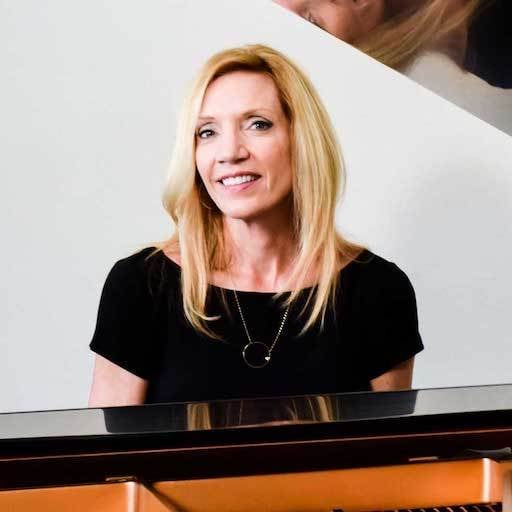
"The guidance and content found at Musical U is outstanding for those seeking to find their musical voice as well as those who've found it and need support to further their skills and creativity."
- Leila Viss
88 Creative Keys

"Fantastic ideas and inspiring insights into learning, playing and teaching music."
- Glory St. Germain
Ultimate Music Theory
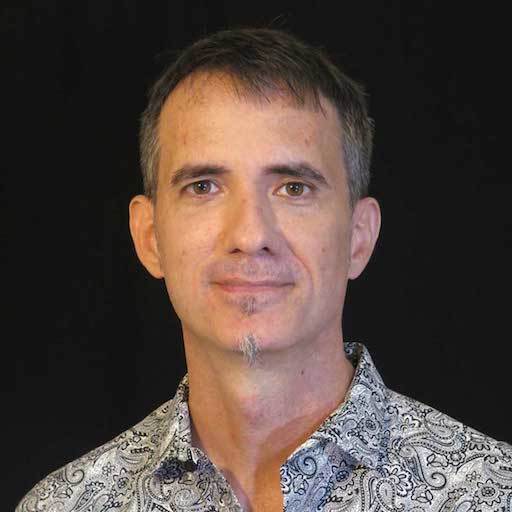
“What makes Musical U a great place to learn music is their atmosphere of caring about their students and really sharing the joy of music. It's a refreshing and welcome resource for all music lovers.”
- David Reed
Improvise For Real
- Scott Sharp
Fretboard Toolbox
EXCLUSIVE DISCOUNT AND BONUSES!
This week only you can enjoy a special discount from the normal price of $199 down to just $149 AND receive a set of bonuses worth $280!
BONUS 1
Special report: “The 7 surprising advantages of adult learners (and how you can benefit from each)”
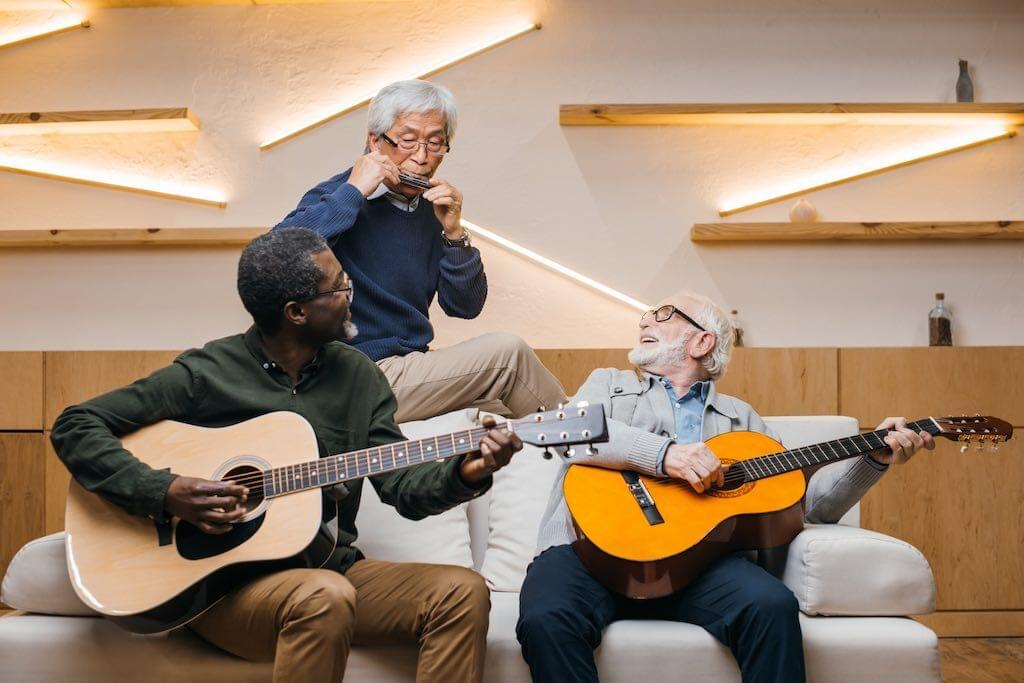
It's extremely common for adult music learners to be held back by mistaken beliefs about how "adults learn slower" or "you can't teach an old dog new tricks".
Whether you've been learning music all your life or you are just starting now, as an adult - you will never reach your full potential until you stop the self-sabotaging thoughts.
It's true that adults do learn differently to children. But did you know that adults actually enjoy some considerable advantages in learning, compared to children?
In this special report you'll discover 7 specific ways that you are actually at an advantage as an adult learner - and how you can turn each into a tangible benefit that accelerates your progress.
Bonus Value: $10
BONUS 2
Training Module:
"How To Practice More Without Even Trying"
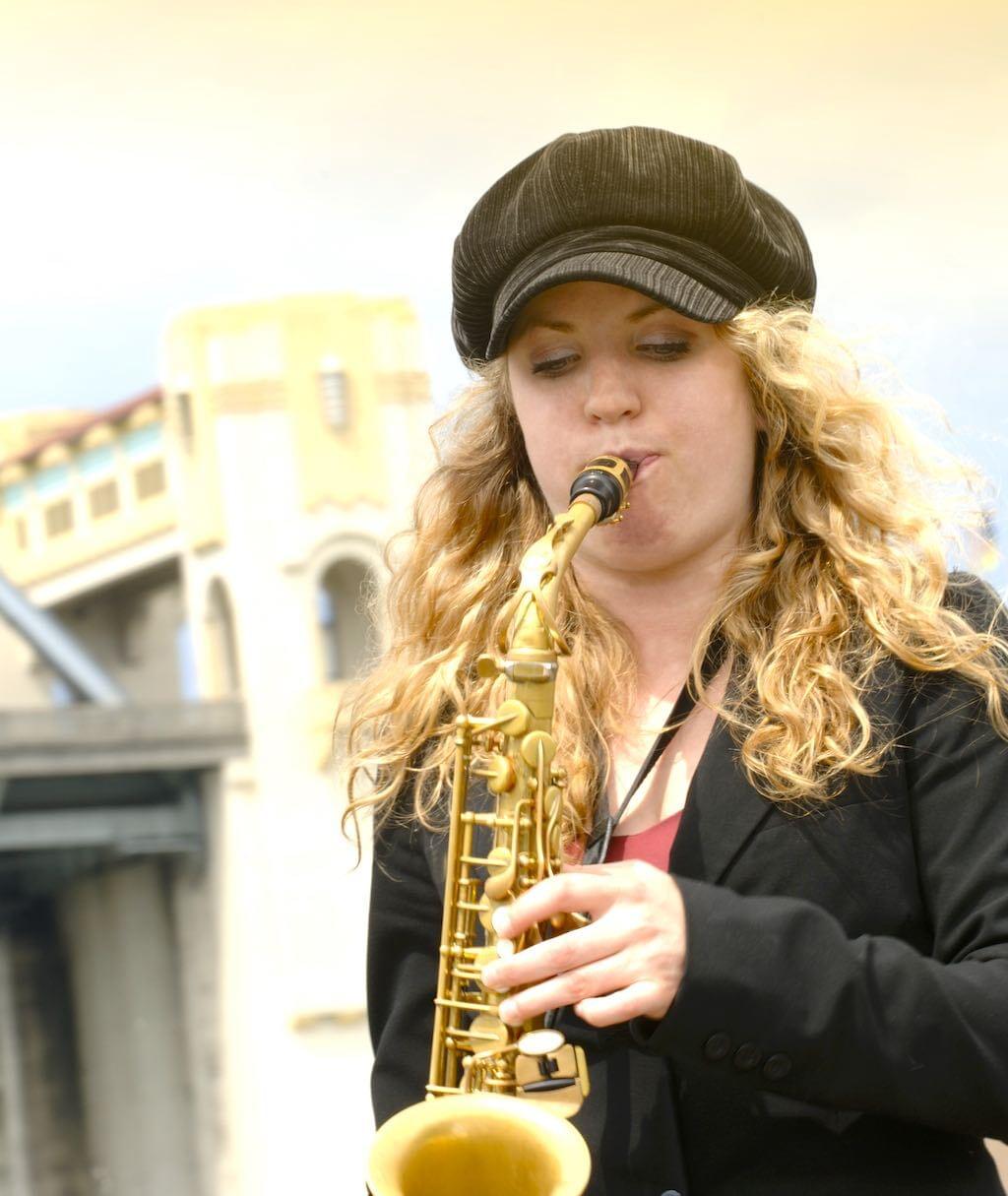
The four modules of the Musical Superlearning course are designed to help maximise the results you get from every minute of practice, and produce clear improvement even if your practice time is limited.
But did you know there are some practical strategies you can use to both find more practice time and increase your ability to make use of any available time in a productive way?
In this bonus training module you'll discover the time-management and planning techniques Gregg has successfully used with his students and clients to help them easily discover much more practice time than they thought possible.
Bonus Value: $30
Throughout the course (and even after the course ends) you'll have access to the expert team at Musical U through the course discussion boards for any help or support you need.
For the first two groups of students we ran weekly live Q&A calls with "The Learning Coach" Gregg Goodhart to help with any sticking points or questions that came up.
Buy now and you get access to these 8x 1hr+ video recordings to watch on demand.
Bonus Value: $80
BONUS 4:
Ongoing Access to 2 LIVE Weekly Drop-In Sessions!
One thing we know for sure here at Musical U: No online course can ever work perfectly smoothly for 100% of the people who take it. Sometimes you just want a quick answer to a question, or to share something and get feedback, or discuss things person-to-person with someone who knows their stuff.
That's why twice a week we run live "Drop-In" sessions for Musical U students: very informal, zero pressure, all questions welcome.
When you buy Musical Superlearning today you'll get access to these calls for as long as you need.
That means live, personal, face-to-face help - available to you twice a week, every week, for any help you might need with the course material.
Bonus Value: $120
BONUS 5:
Four Extra Resources To Help You Succeed
As the first group of students went through the Musical Superlearning course we recognised opportunities to help them get even more out of their experience and created four additional bonus resources:
1. "The Metronome: A Brief (Re)-Introduction" - a short lesson to help you connect (or reconnect) with your metronome and understand how best to use it to implement the superlearning strategies from the course.
2. "21 Power Tools for Contextual Interference" - a quick reference list of 21 ways you can employ the powerful contextual interference technique during practice to break through plateaus and accelerate your learning.
3. Full Reading List - for those who want to know more about the scientific underpinnings of all the course material, as well as further reading on related topics of interest.
4. A detailed Mindset infographic designed to help reinforce and remind you of the most impactful mindset shifts from Module 4 of the course.
All these resources are included FREE when you buy today, and available to you for convenient digital viewing or to print for your convenience.
Bonus Value: $40
Secure Checkout. Prices in US Dollars.

Time Limited Offer!
00
Years
00
Months
00
Weeks
00
Days
00
Hours
00
Minutes
00
Seconds
CUSTOM JAVASCRIPT / HTML

"This course has help me to focus better. I am able to zoom in on my weaknesses and correct them immediately. I now have a Process to “Plan, Do and Reflect“ in order to improve whatever I decide to work on. It is a short process, is efficient and it works."
— Carol S., Musical Superlearning student

"It’s been turning my practice upside down. I’m constantly hearing little things that I realize I can do better. And that gives me so many tasks."
— Andrea N., Musical Superlearning student

"I am so grateful to this class. Yes, grateful to understand my teacher and become a better student—-but most of all, to fill in the gaps in the process and understand how each part of the the process works together."
— Diane M., Musical Superlearning student
CUSTOM JAVASCRIPT / HTML
Here's Everything You Get When You Buy Musical Superlearning Today:
- The Unique 4-Week Course On Superlearning Techniques For Music
- Weekly Modules Covering The Four Essential Topics: Contextual Interference, Deliberate Practice, Memorisation and Mindset
-
"Learn" Lessons Teach You The Powerful Underlying Concepts
- "Practice" Lessons Teach You New Practice Techniques Using Specific Guided Exercises
- "Apply" Lessons Show You How To Bring Your New Practice Techniques To Real Tasks From Your Own Music Learning
-
Flexible and Convenient Online Access 24/7
-
Unlimited Personal Support and Guidance
Regular Price:
Regular Price:
Total Value With Bonuses:
Total Value With Bonuses:
Your Price Today:
Just $149!
Your Price Today:
Just $149!
Buy Now To Secure Your Exclusive Discount And Bonuses!
Secure Checkout. Prices in US Dollars.

Limited Time Offer!
00
Years
00
Months
00
Weeks
00
Days
00
Hours
00
Minutes
00
Seconds
CUSTOM JAVASCRIPT / HTML
90-Day
100% Satisfaction Guarantee

CUSTOM JAVASCRIPT / HTML
Chris W.
Tricia E.
Diane M.
Secure Checkout. Prices in US Dollars.
Carolyn M.
Dave W.
CUSTOM JAVASCRIPT / HTML
This Might Be The Most Important Decision You Ever Make In Music

Science has long proven this to be true.
But the world is only now starting to catch on.
And now, for the first time, any musician can master the very same techniques which have always been behind so-called “talent” and “natural-born prodigies”.
Are you ready to join this superlearning revolution?
Decide now to fix the “How” of practice and:
If you continue on the way you always have, then the chances are your musical life will look much the same.
You might have made a bit of progress...
Some improvement here and there...
But if you’re practicing the way you always have then you’ll see only the same slow progress you always have.
AND you’ll have lost another year without really moving closer to your true dreams in music.
You probably see it now: until you “fix the how” you are wasting your money, time, and energy - because you’re getting just 10% of the results you could be getting in music.
Or: make this one decision now, to “fix the how”.
Secure Checkout. Prices in US Dollars.

Time Limited Offer!
00
Years
00
Months
00
Weeks
00
Days
00
Hours
00
Minutes
00
Seconds
CUSTOM JAVASCRIPT / HTML

"Success: I had an instrumental to perform at Church yesterday. Usually I am worried and reviewing it in my head up until I play it. I had done spacing and retrieval so I kept repeating to myself that I had done the work so ‘trust the process’. What happened? I played the instrumental with no issues! (I did include a couple prayers, too)"
— Stan A., Musical Superlearning student

"I have seen a difference in all areas of my playing since starting this course which is great – sometimes get ‘ooh, did I really just play those bars, at that speed?’ kind of a feeling, and not just on sections I’ve been working on in the course. I found I was feeling excited about practising today, rather than ‘I suppose I ought to…’
— Elizabeth M., Musical Superlearning student
Musical Superlearning Case Studies
Klaudia H.
Gerry W.
HappyRon
Secure Checkout. Prices in US Dollars.
Tina R.
Tina started playing the violin at a young age in a Suzuki-style program at a local university, though she had her eyes on the cello early on. As she went to college, she was finally able to get a cello on loan from a friend and began to take some lessons with students at the college she attended. After moving cross-country following college, the cello found its way into the closet where it would sit for the next 18 years.
Tina decided that she would either start playing her instrument or give it a good home, so she dove straight into private lessons with a couple of teachers. Musical U training helped to fill in some of the gaps and make her lessons more productive, but there was still something missing. After encountering the methods taught in Musical Superlearning, she was eager to see how this could be applied to her own music learning.
Since going through the course, she’s more confident in her own playing abilities and able to appreciate the value of her mistakes. Having a structure to practice and learn her music is something that she’d been working on, but it’s more clear than ever. Tina has recommended the course to all her music learning friends, and especially musicians preparing for college music because of the structure and discipline that she’s been able to encode into her own practice.
Kate S.
After a dreadful experience with a hyper-critical piano teacher early in her youth, Kate completely gave up on learning music. It wasn’t until she met her husband, an accomplished bass player, that she had the confidence and desire to give music a second chance in her life. Since then, she’s expanded her musical repertoire to include all the instruments in the saxophone family, the trombone, and euphonium. Kate plays in a community wind band in addition to several smaller ensembles.
Prior to Musical Superlearning, Kate wasn’t sure how to actually run her practice sessions. With such a variety of literature and instruments, she found it difficult to structure her practice in the most productive way. Rhythm was something that she continuously struggled to internalize and had trouble staying locked into the groove.
Since taking the course, Kate feels a new sense of optimism and focus when practicing music. She’s able to figure out difficult passages more easily on her own and enjoys reflecting on her practice and planning the next session. Having an open mind and jumping into the training has been a great benefit and she looks forward to her next lesson with a renewed sense of focus.
Ray B.
Ray had started playing guitar at an early age in a variety of different genres. After settling into a professional career, he continued to play part-time but was eager to return to his first passion. Retirement gave Ray the opportunity to pursue a full-time career as a musician and quickly found steady work gigging around Portugal. As a lifelong learner, he was continuously pursuing new techniques that would help him perform better.
Ray first discovered Gregg Goodhart through Musical U and was intrigued by the ideas that he heard. He hoped that this level of training would help him be more productive and accomplish more in his practice sessions. While he had the time to practice 3-4 hours a day, he was confident that modest improvements to his practice routine would have a big impact.
Since completing the course, Ray has found these methods to be profound. He feels like a single hour session using this system is more productive than an entire week of his normal practice routine. Tunes that he thought he knew inside and out have seen dramatic improvement and he’s enjoying the learning process more than ever before. He’s nearly at the edge of his seat thinking about his next focused music practice.
Secure Checkout. Prices in US Dollars.
CUSTOM JAVASCRIPT / HTML
Frequently-Asked Questions
Q: When does the course begin? Is it flexible?
The course is structured as a 4-week program providing daily training five days/week. However you can move through the course at your own pace and will have lifetime access to the materials.
The first of the four weekly modules will open for you on Monday after you purchase, and the following modules each Monday after that.
The daily lessons for each week are provided at the start of the week for you to go through whenever you're ready.
So you are free to begin the program whenever you like and proceed at your own pace.
Q: How much time will it take?
We estimate it will take 15-30 minutes/day to complete each week's module, depending on your prior knowledge, how quickly you go through the material and how long you spend on the exercises.
Q: What happens at the end of the course, can I keep the material?
Yes. You’ll have access to the web material even after the "official" 4-week period is over, for as long as you need.
Q: Will this work for my instrument?
The course is designed to be accessible and usable with all instruments.
Although specific exercises are given, these are adaptable to your instrument and current ability level. Each week you'll also be guided through applying the techniques to the repertoire and skills you are currently working on.
Q: Is this suitable for beginners? Do I need to read music?
The course is designed to be accessible to anybody who has been playing an instrument for at least a couple of months.
All the material can be applied at any level of instrument ability.
Although some mentions of traditional notation may occur in the coures, it is not necessary that you read notation (sheet music, chord charts or tab).
However you normally learn and play music, you will be able to apply the course material.
Q: What if I get stuck or need help?
At Musical U we specialise in helping adult music-learners succeed with online training materials.
Any time you feel stuck, confused, have a question or need help, our team will be standing by and happy to help.
The first option is to post in the discussions you'll find throughout the course. Our team will be in there every day answering questions and providing any clarification or tips required.
The second option is to contact our team directly if you'd prefer to receive help privately. You can do this by email or using the message system on the site.
The third option is to make use of the Live Drop-in calls provided as a bonus with this course. You can attend live and ask any questions you have, or send us a question in advance for us to answer on the call and then watch the recording at your convenience afterwards.
Q: Can you really experience a dramatic acceleration of music learning in just 4 weeks?
In short: yes.
The techniques taught in this course can have an immediate noticeable effect on your learning. That's why Gregg is able to get up on stage for one of his live "Practiclass" events, and in just 20 minutes help a student he's never met before break through whatever challenge they had been stuck on.
The course is designed to both teach you the superlearning techniques, and guide you through getting used to how they work by applying them to your real music-learning tasks. So you aren't just learning concepts in the abstract - you will be experiencing the impact of these techniques throughout the 4 weeks in your music practice and the results you get.
If you have any doubts, please check out some of the case studies on this page for stories of real music learners of all backgrounds, goals, instruments and abilities, who've seen massive impact from taking the course and applying these techniques.
Our team will be there with you, day by day, to ensure you too get these kinds of results.
And if for any reason you're not 100% satisfied with the transformation in results that this course delivers you by the end then we stand by our money-back guarantee (details above) for a full 90 days after your purchase.
In fact, if you go through the course and can show us that you've put the techniques into practice (by sharing your completed companion workbook which logs what you practice, when and how) and you have not seen a substantial improvement in your results - we'll give you double your money back!
That's how sure we are that this will work for you.
Any other questions?
We're a people-first company and put heavy emphasis on providing personal support to ensure each and every person who comes to us succeeds with their training.
So if you have any questions about the course (or just want to talk through whether it's right for you) please get in touch. We'll be glad to help :)
Email: support@musical-u.com
Telephone (US): +1 (415) 230 0296
Telephone (UK): +44 203 290 2961
Secure Checkout. Prices in US Dollars.

Time Limited Offer!
00
Years
00
Months
00
Weeks
00
Days
00
Hours
00
Minutes
00
Seconds
CUSTOM JAVASCRIPT / HTML
Musical Superlearning Case Studies
Robert R.
Robert has been playing piano his entire life, but was able to pursue with far greater passion and dedication after retirement. He was fortunate enough to get into a big band and was continuously inspired and motivated by the high caliber of the musicians that he was surrounded with. Being with musicians that were at a higher skill level than himself encouraged him to begin exploring the techniques that they talked about, which led him to Musical U.
He was first exposed to some of the methods taught in Musical Superlearning through a jazz workshop that taught about memorizing charts. After seeing the results that this approach had on his performances, he was confident that the course would have a big impact on his playing.
Since starting the course, Robert enjoys having a step-by-step process that he can work through when practicing. This takes a lot of the guesswork out of his time and encourages him to continue moving forward. He likens the techniques to having a toolkit that can be used at will to whatever difficulties he’s facing so he can get through them and finish learning his next chart. Robert looks forward to continuing to learn and becoming a more instrumental part of his big band in the future.
Stanley A.
Stanley has found a great calling in his retirement, exploring the possibilities on his guitar and playing for worship services. He and his wife perform together on a regular basis and love the impact that music has on their lives nearly every day. While he doesn’t have a teacher, he’s found online learning to be a great way to supplement his self-study and continue moving forward.
Stanley had first seen the impact of Gregg’s methods through a Practiclass at Musical U. So when a new course came out with these methods, he knew that it was something he needed to be a part of. He dove into the lessons with gusto and began applying the various tools to his music.
Since starting the course, he’s done his best to adopt the beginner’s mindset and be open to new experiences. He’s felt like he’s jumped a couple of levels in his musicality in just a few short weeks and is playing pieces that he’s been working on for years. Stanley looks forward to continuing to build upon this foundation and revisiting these tools well into the future.
Chris M.
Chris started playing the piano at age 12, but was never able to stay consistent with her music practice. It seemed that the world would put barriers in her way no matter what she did to overcome them. In 2018, she finally decided that the time was right to really devote herself to music and began practicing in earnest.
Before joining Musical U, Chris was stuck in the idea of “no pain, no gain” in her music practice. She wasn’t comfortable with public performances and felt like she was stuck in her practice routine. It was difficult to move to the next step. Musical Superlearning appealed to her because it would help put the rest of the pieces together and allow her to finally move forward.
She enjoyed the methodical nature of the course and found that she was able to quickly apply the tools to her pieces and technical practice. Chris was most amazed at how much progress she was able to make in just 5 minutes of concentrated deliberate practice. What she enjoys the most is just going through her songbooks and being able to recall the piece with ease. She can’t wait to see what she experiences next.
Secure Checkout. Prices in US Dollars.
Peter had a negative musical experience early in life which left him a bit jaded. He picked back up in his 40’s by playing guitar and playing some of his favorite songs. While he did show some progress, there were parts of his music that he still felt uncomfortable with and wasn’t improving on. He began to doubt that music was ever going to be an enduring part of his life.
After discovering Musical U he was interested in overcoming his plateaus and making greater progress. He enjoyed practicing and playing various instruments, but not making any solid progress was beginning to make him doubt whether he would ever be able to play the songs of his youth.
Since joining the course, Peter has enjoyed the consistent methodology that’s applied to music learning. Learning a new song has become more enjoyable because he knows exactly what tools to apply to get it under his fingers. What he enjoys the most is the sense of accomplishment he’s able to feel on a regular basis, which gives him the confidence and motivation to keep moving forward.
Carol S.
Carol had always loved music, but her parents weren’t supportive of her getting an instrument and lessons. She saved up money from her early working life and bought her first guitar which ignited a lifelong passion for music. Now in her retirement, she’s taken to playing the fiddle in many of the musical groups in her town.
Carol came to the course to try to learn the vast repertoire of music required for gigs more quickly. Most of the literature is learned through rote memorization and requires the musicians to be able to recall songs quickly as the band leader calls out the next tune.
What she’s found during the course is that she’s able to recall tunes easier and with more confidence. The tools that she’s learned have been a game changer and made every aspect of her practice more enjoyable. Having everything laid out in a clear step-by-step manner makes sense to her and it becomes achievable. She’s looking forward to her new musical future with these skills in hand.
Secure Checkout. Prices in US Dollars.

Time Limited Offer!
00
Years
00
Months
00
Weeks
00
Days
00
Hours
00
Minutes
00
Seconds
CUSTOM JAVASCRIPT / HTML

© 2023 Easy Ear Training Ltd. / Musical U. Musical U is not a university and does not issue credentials.


